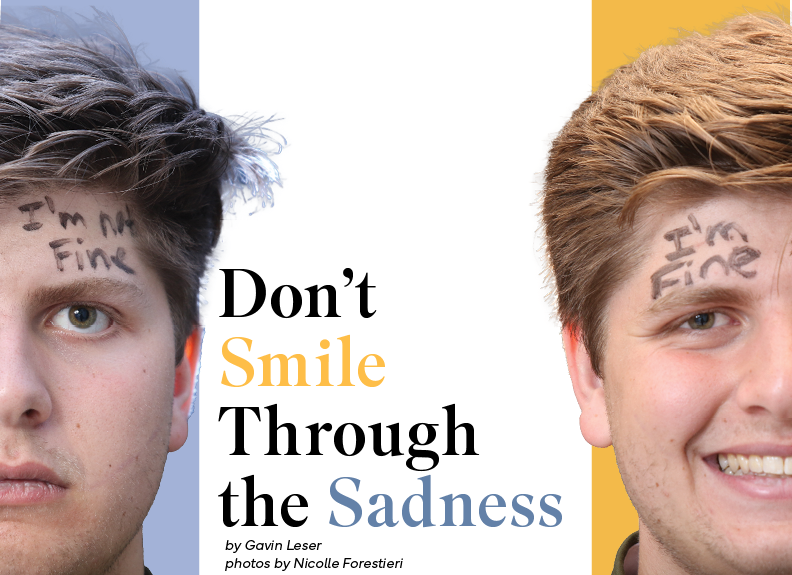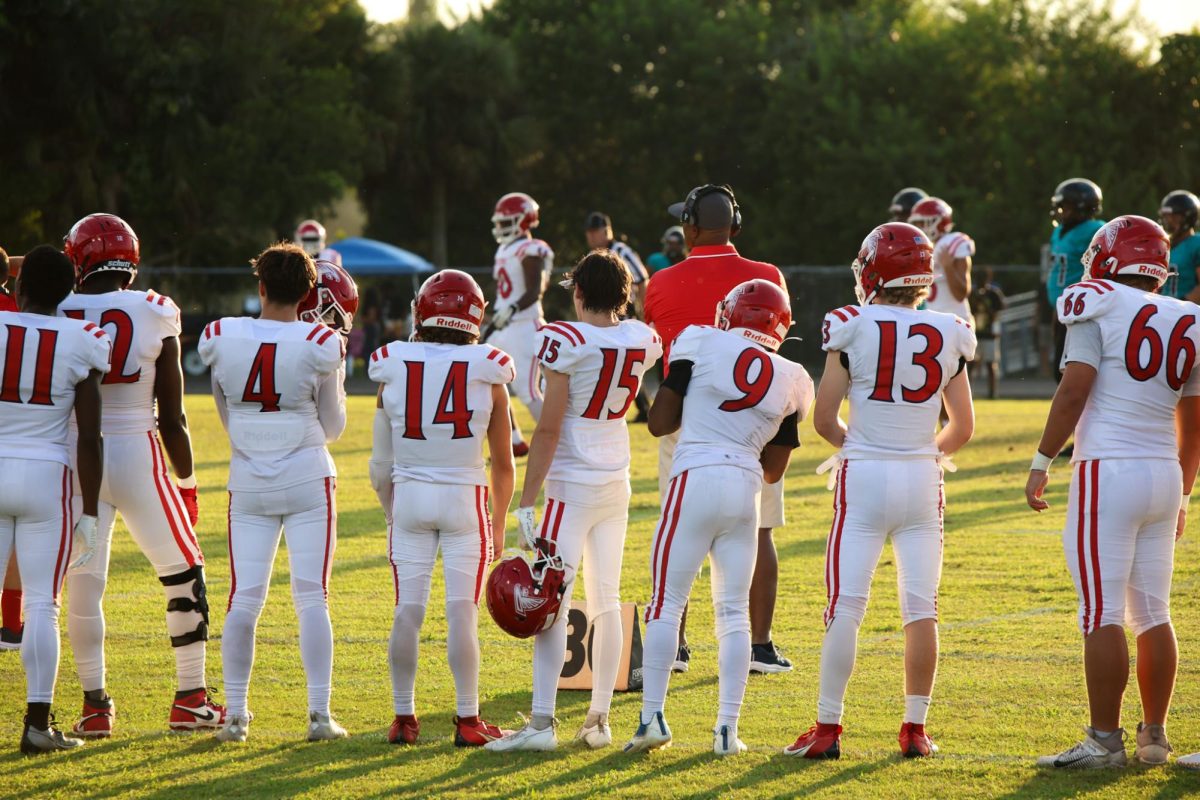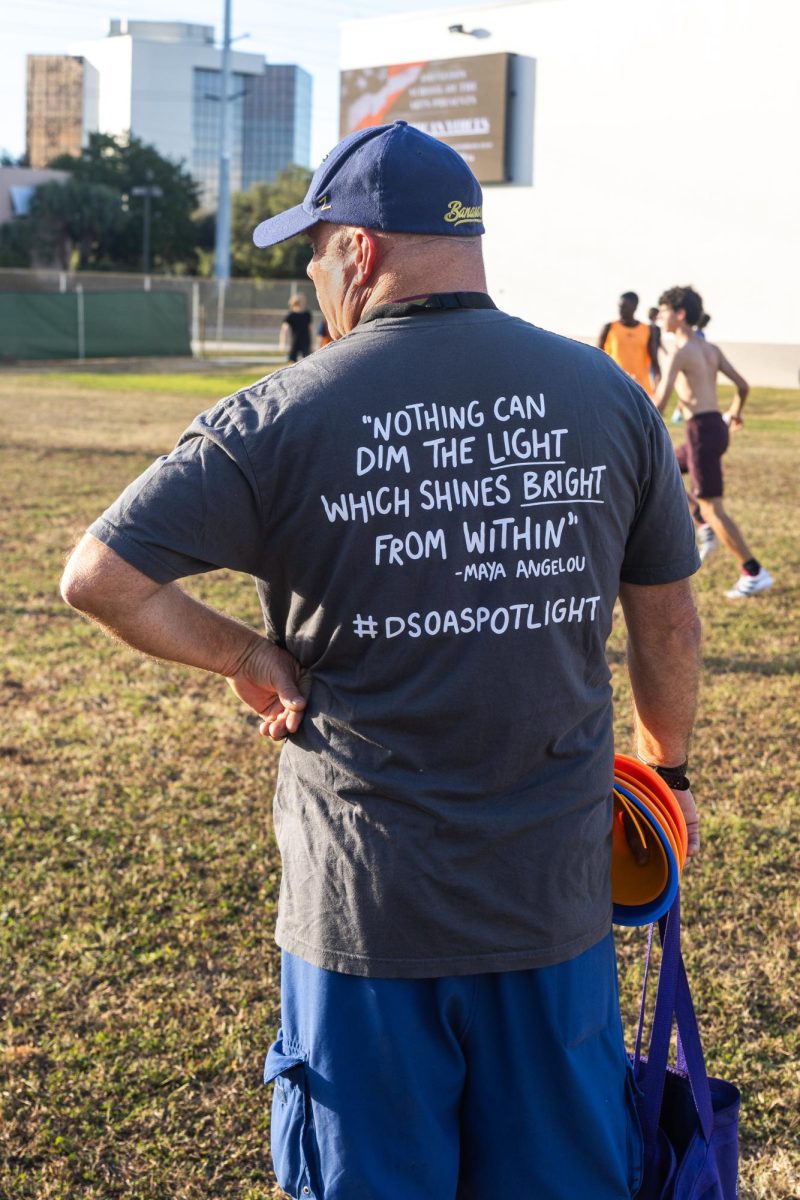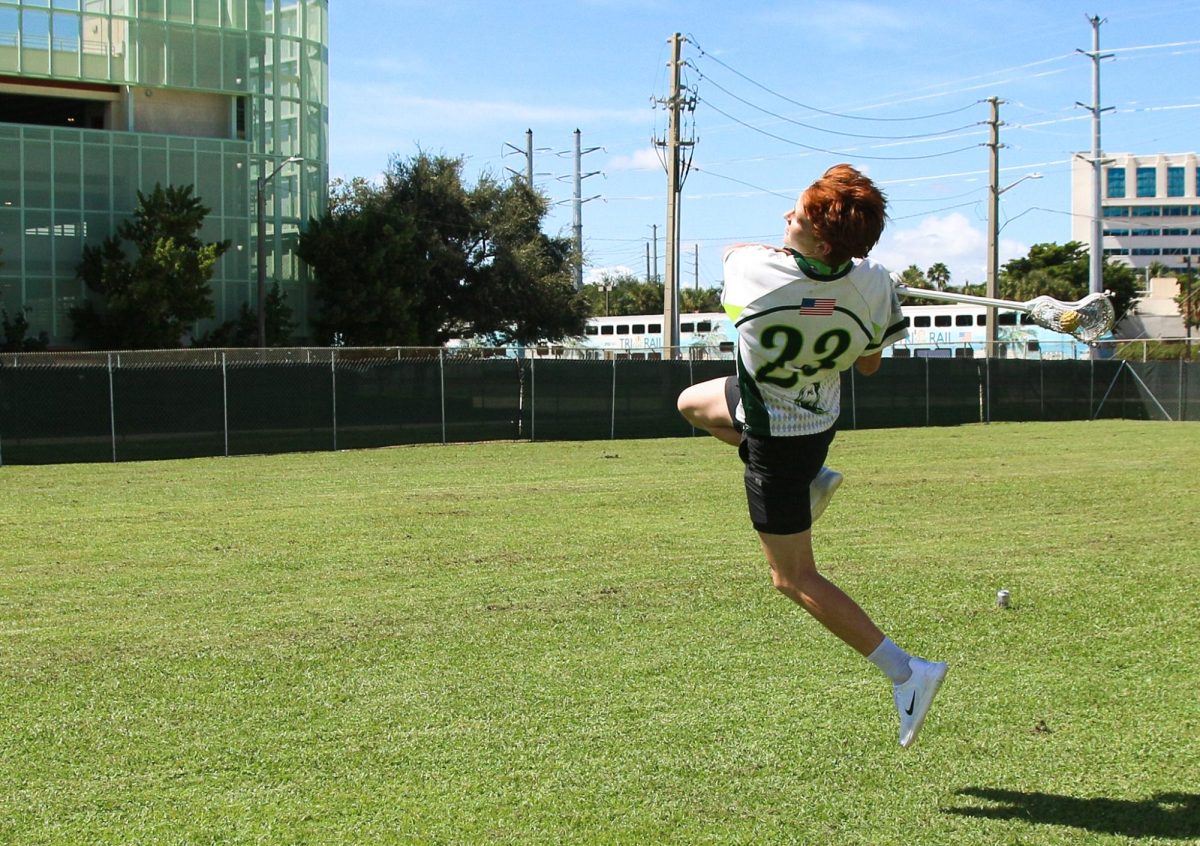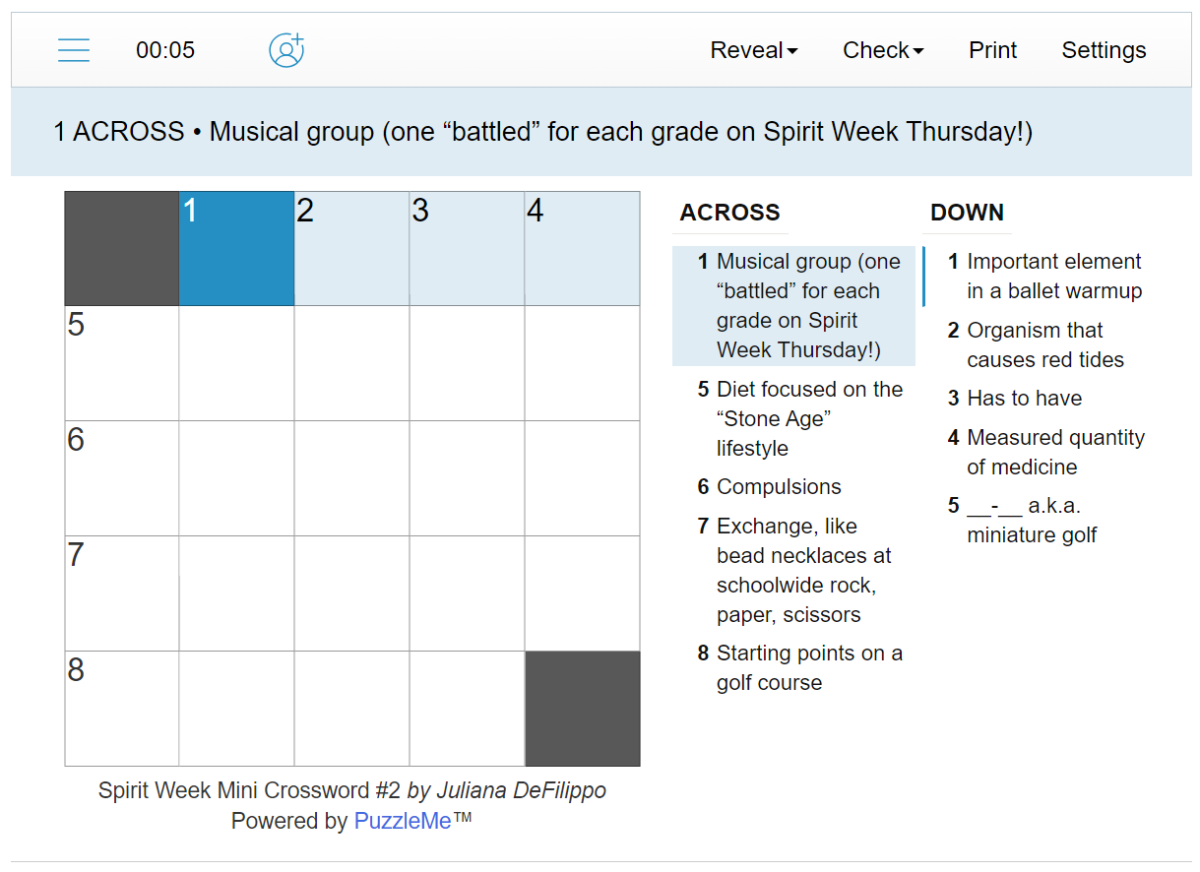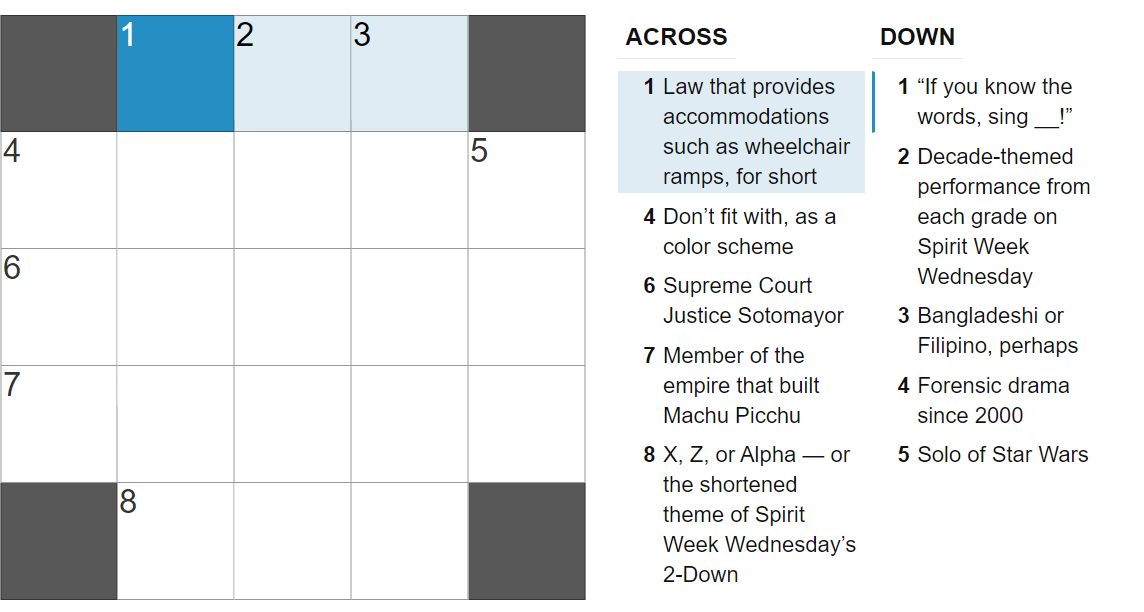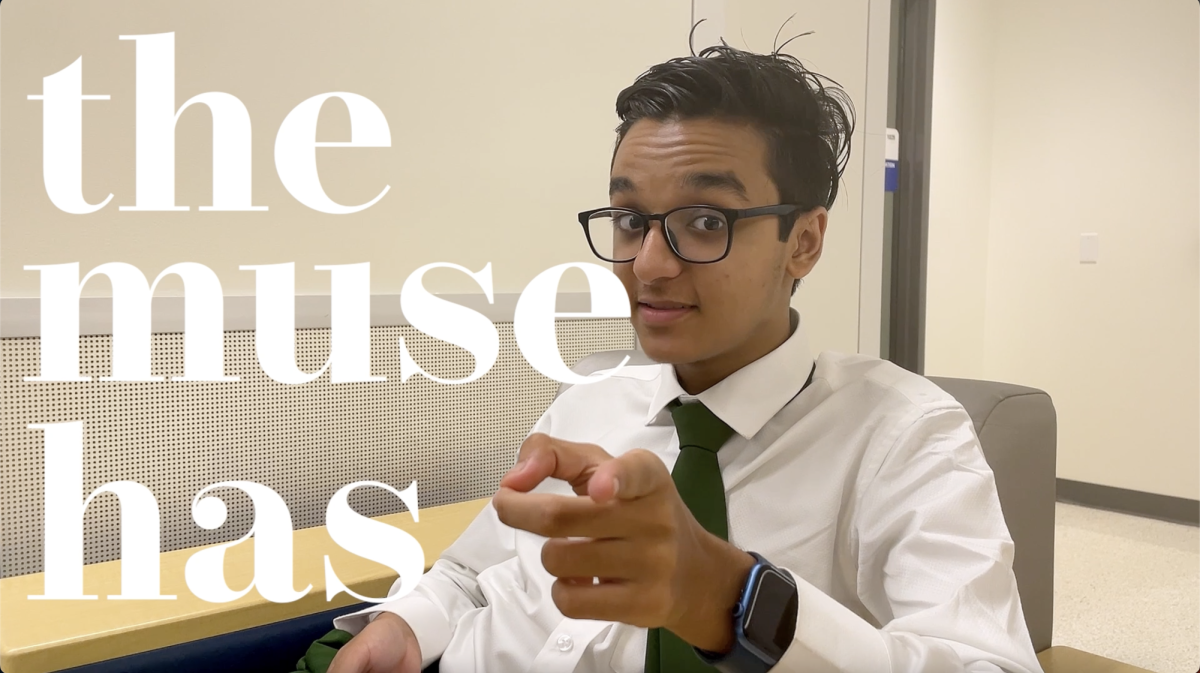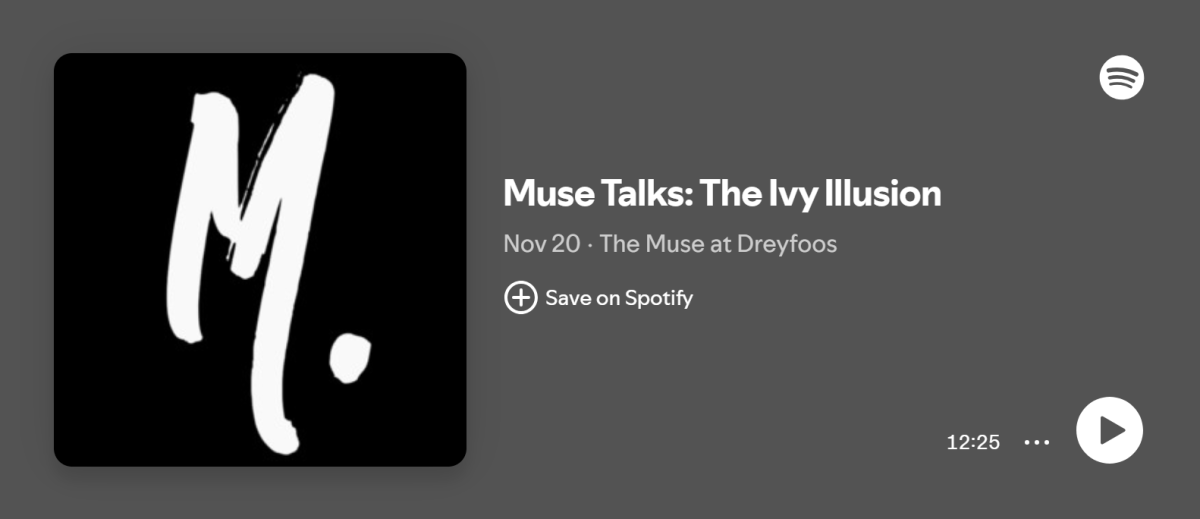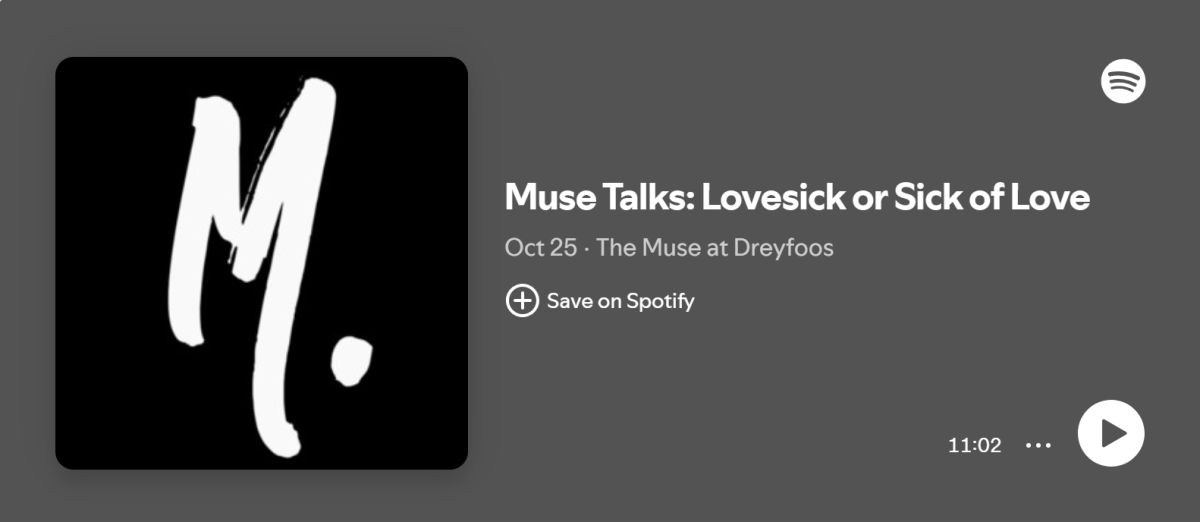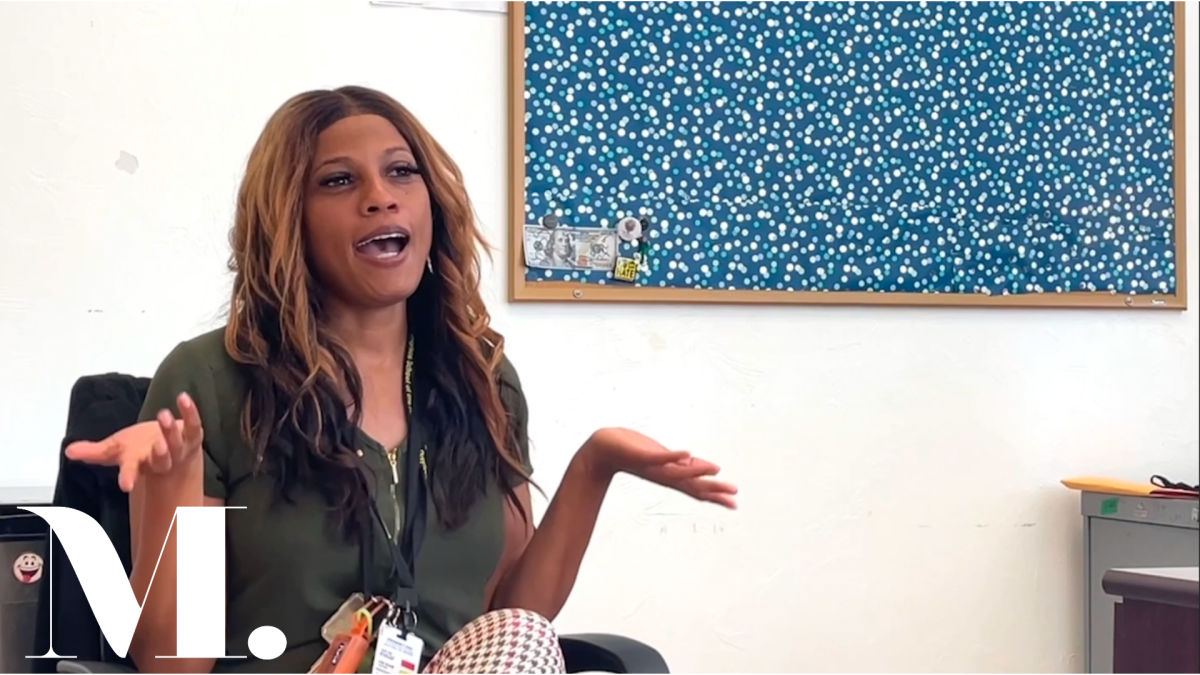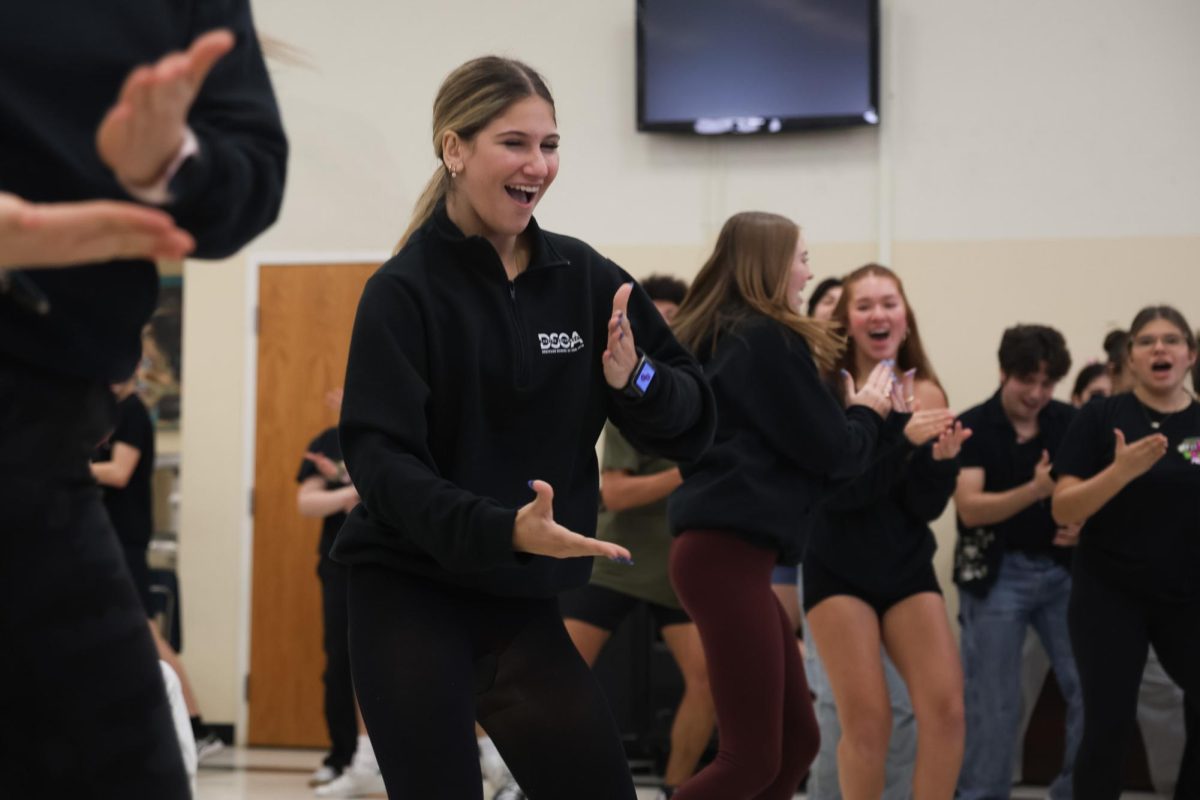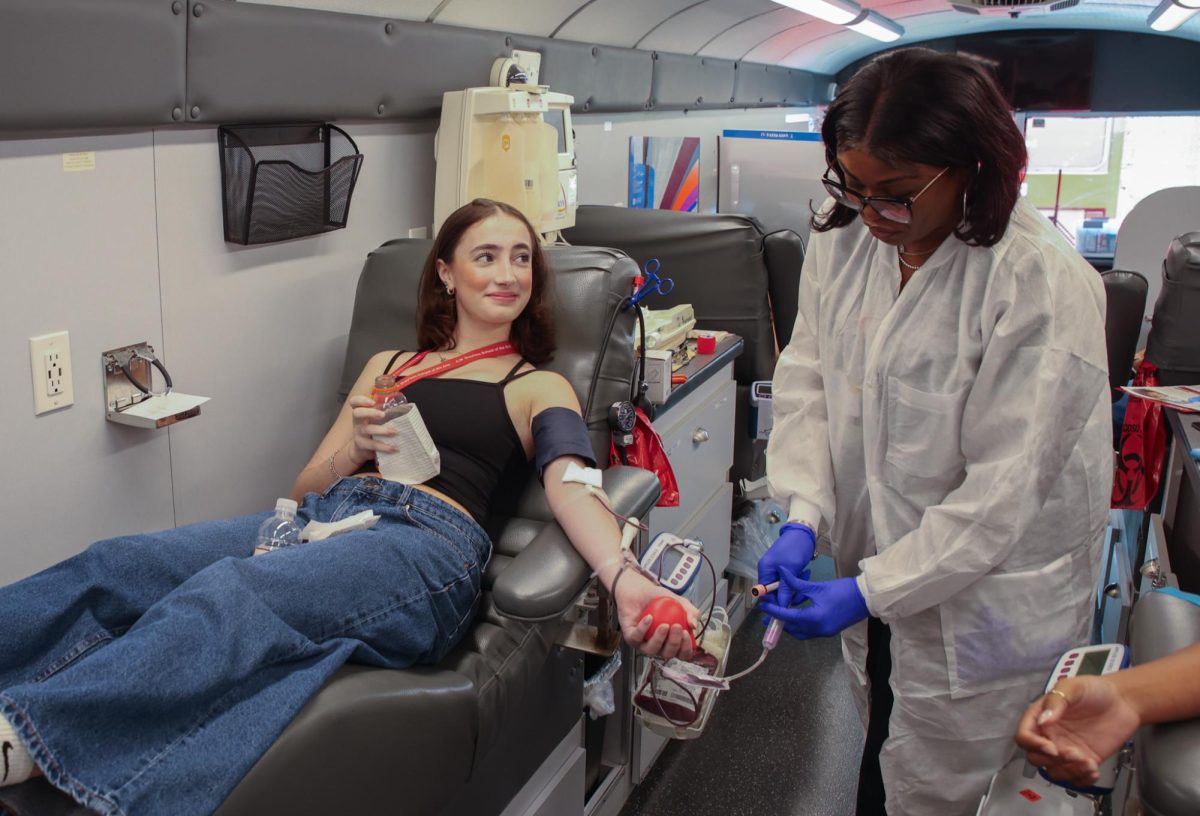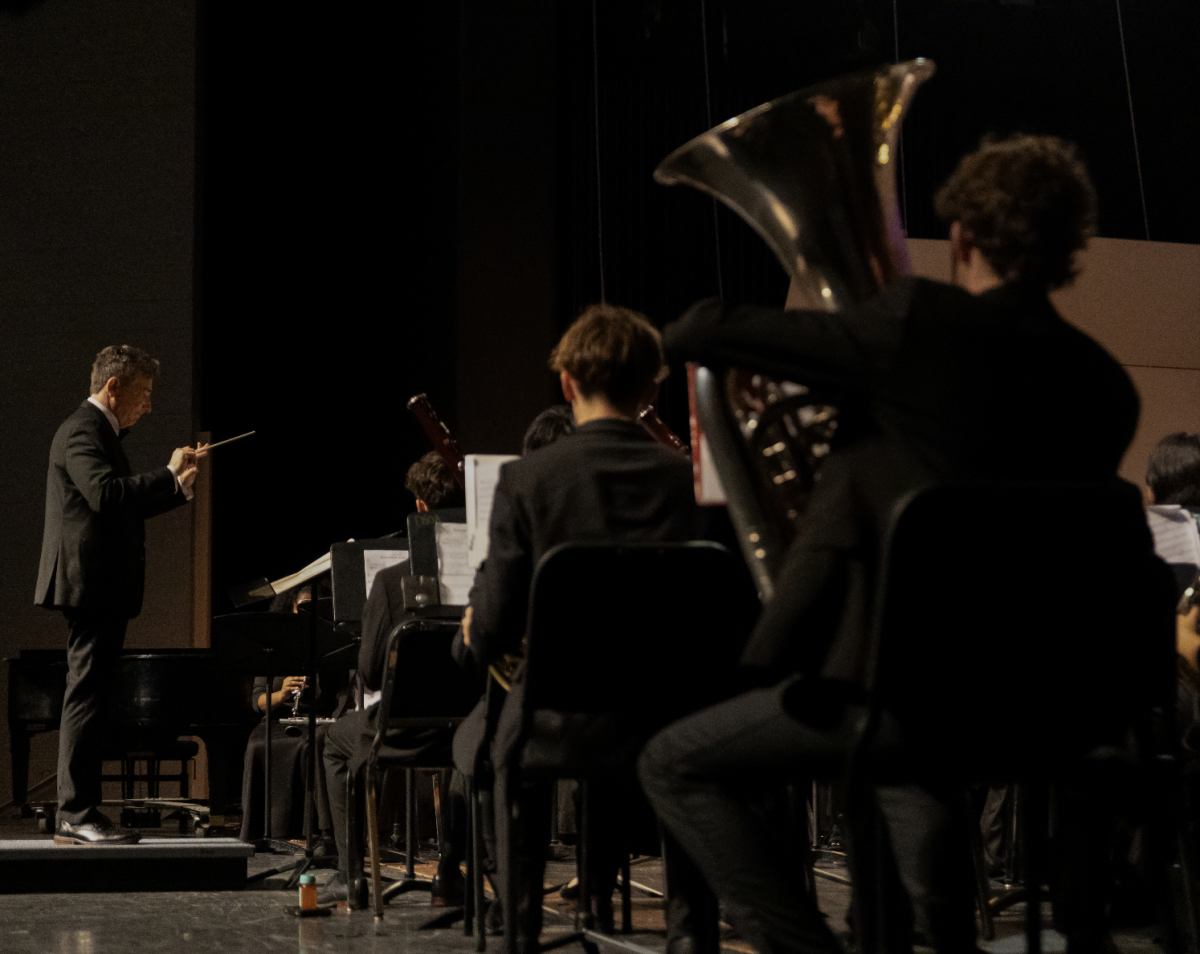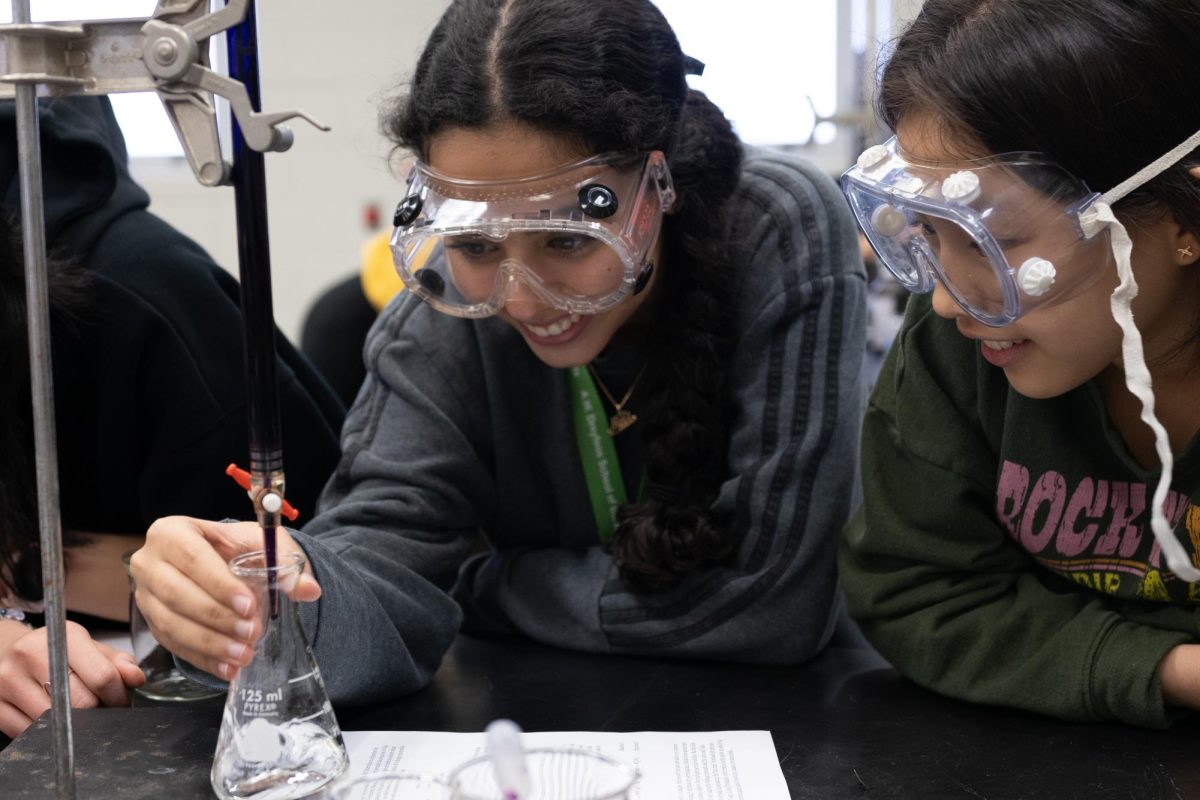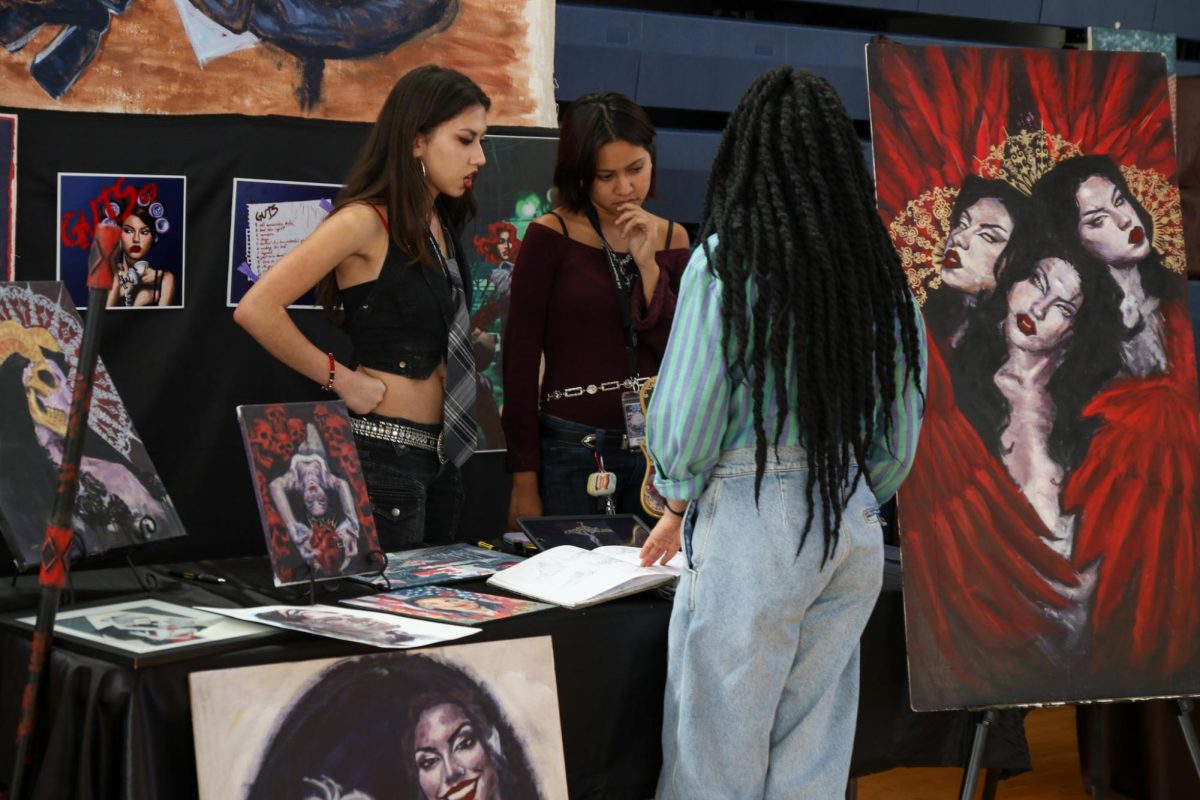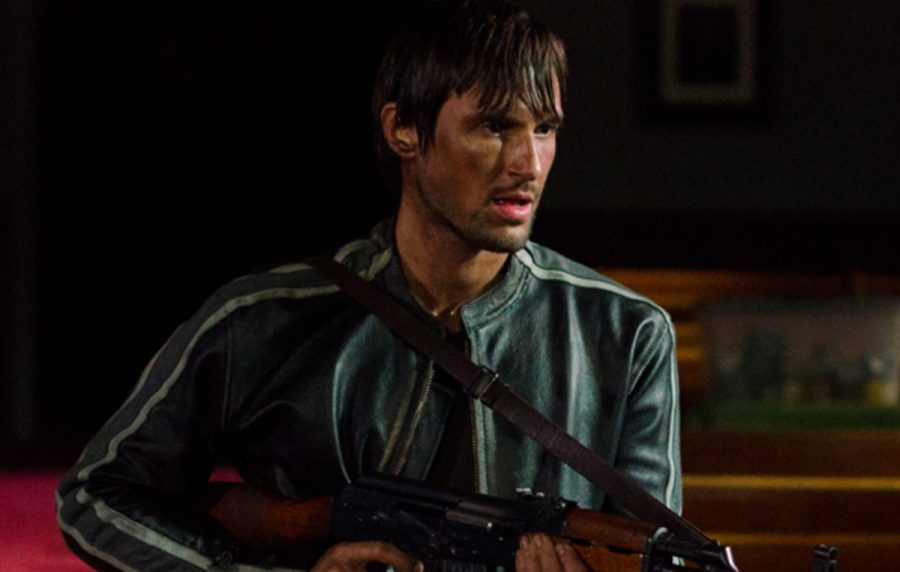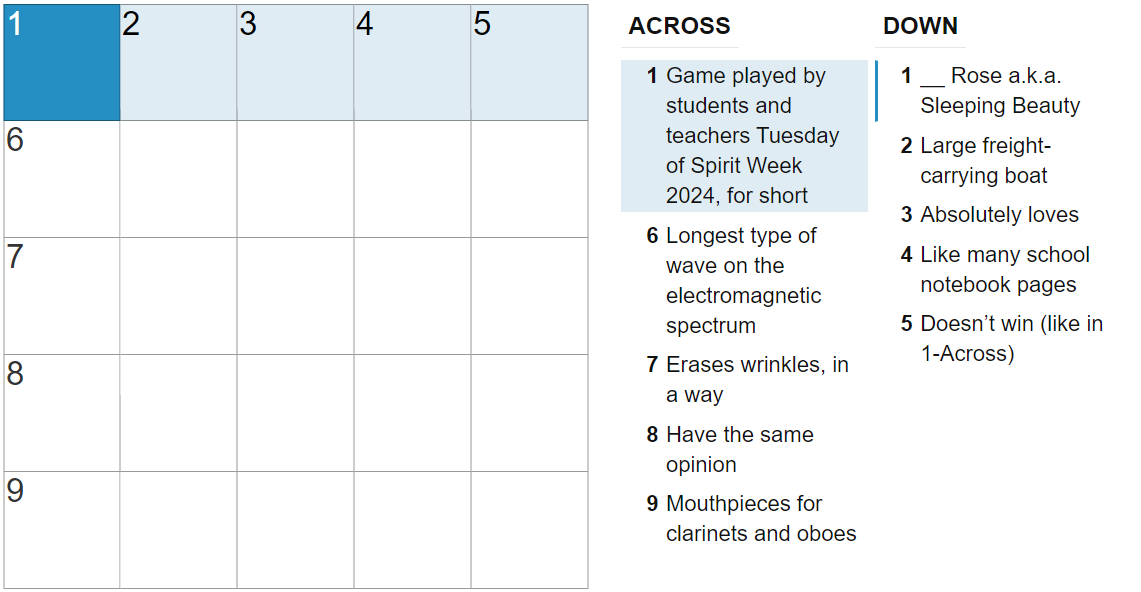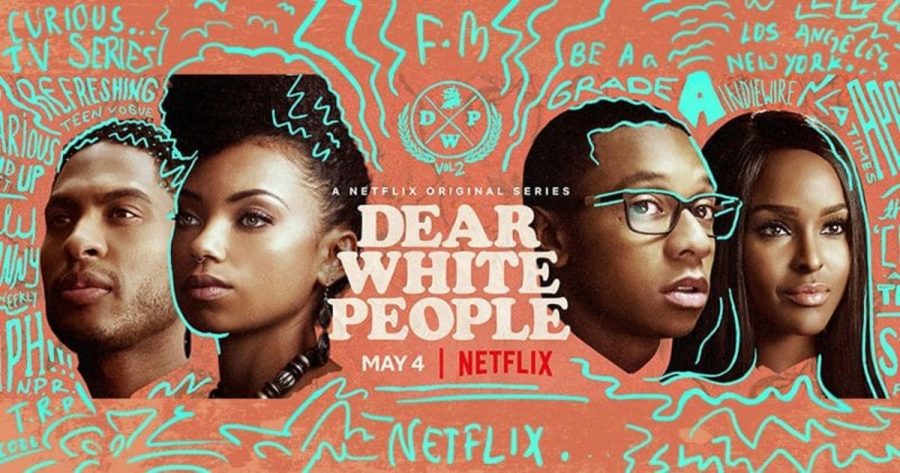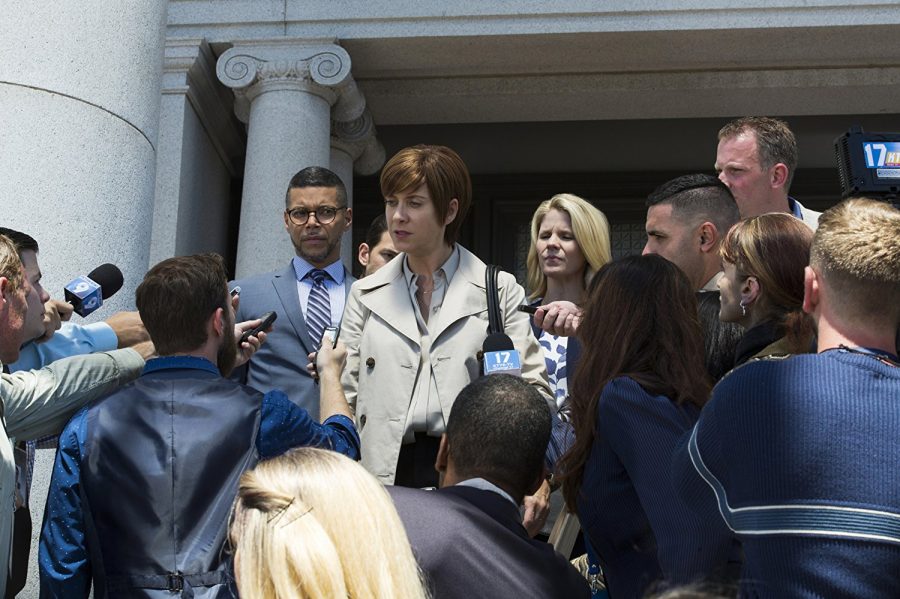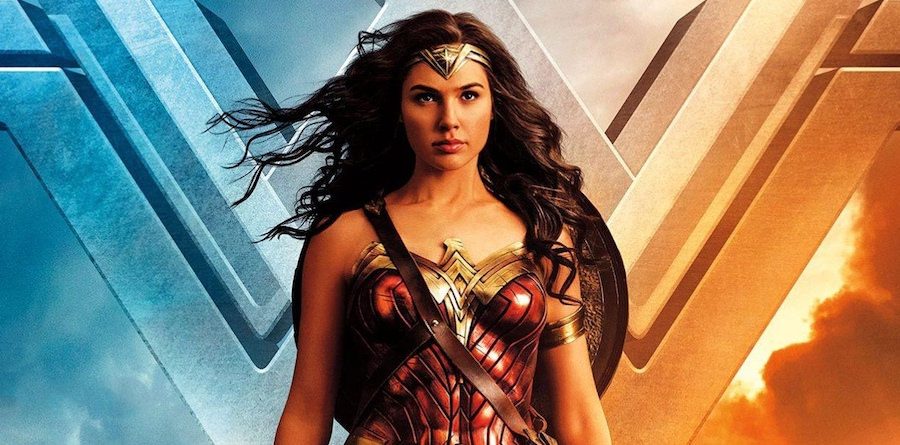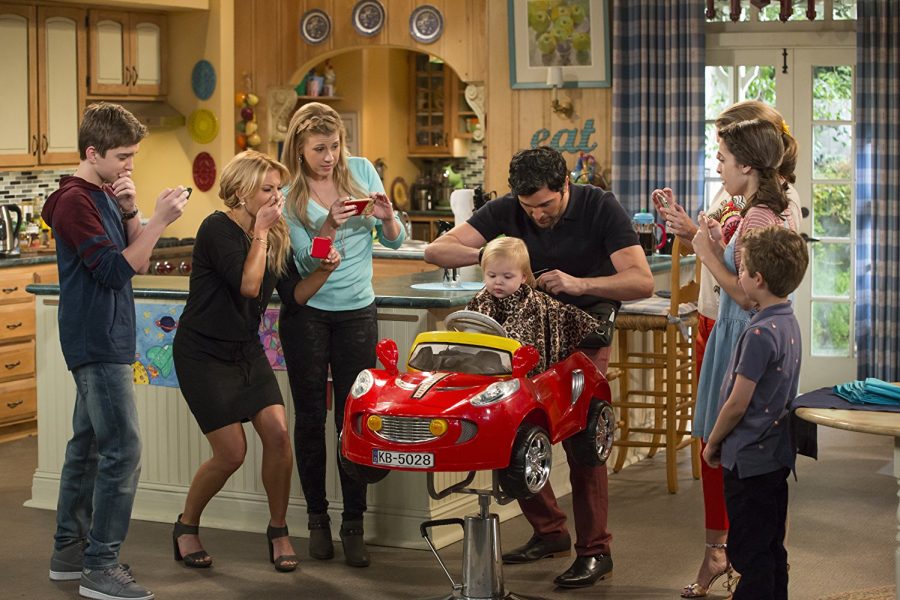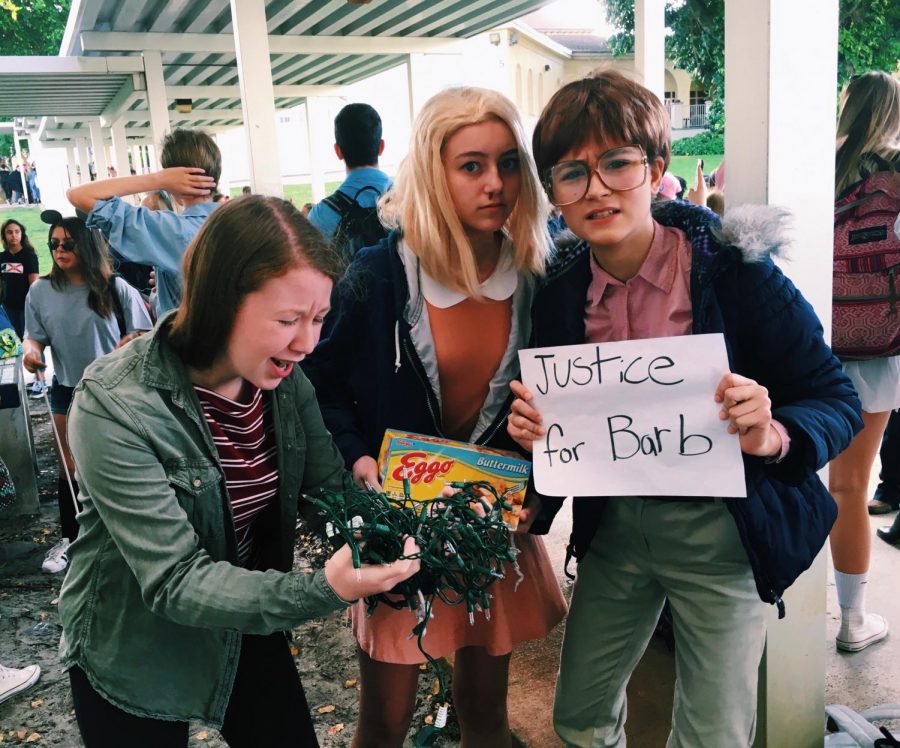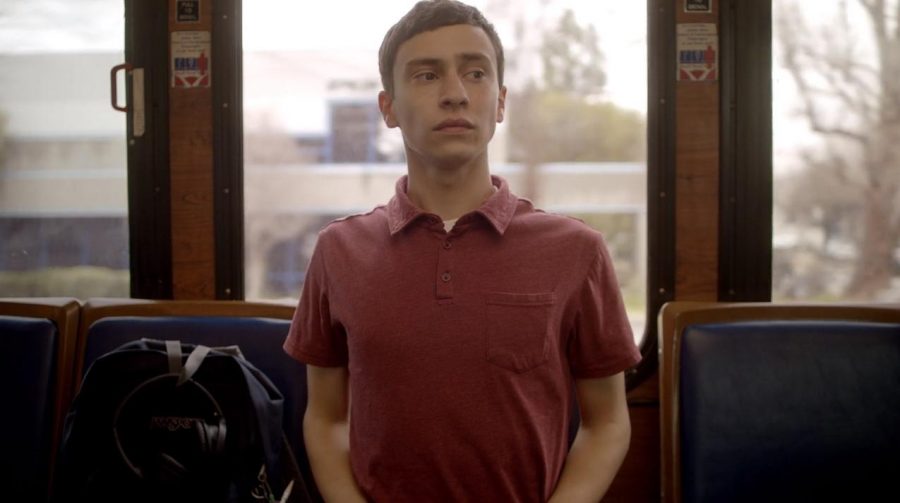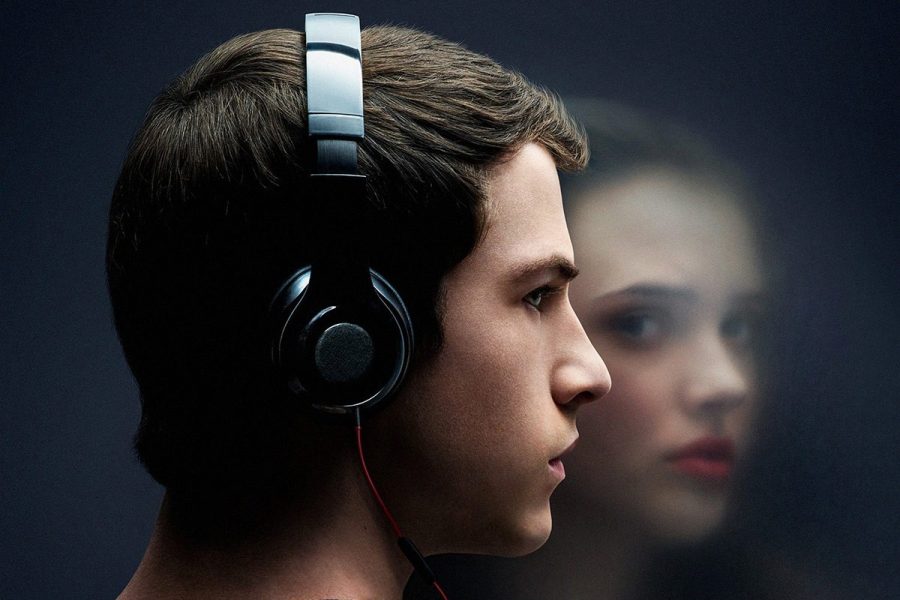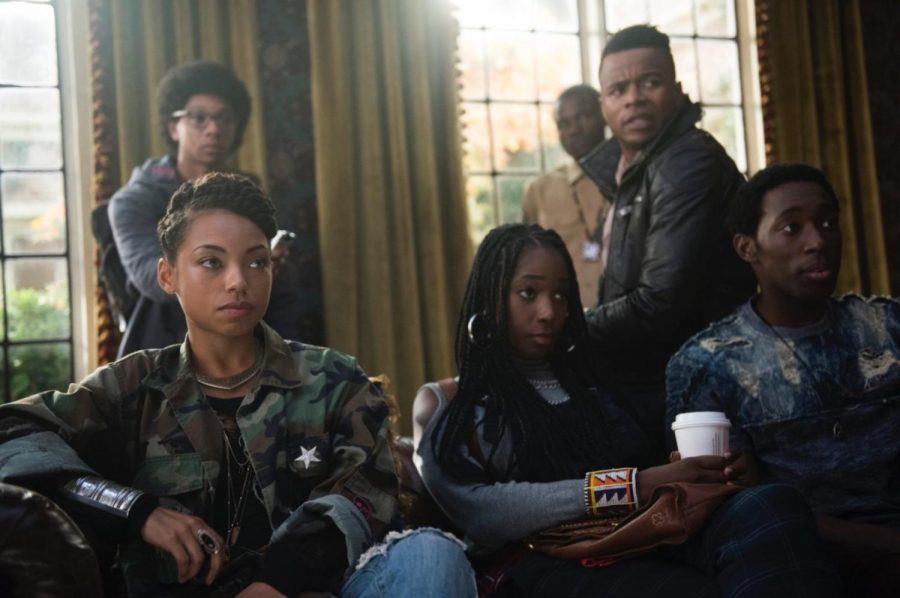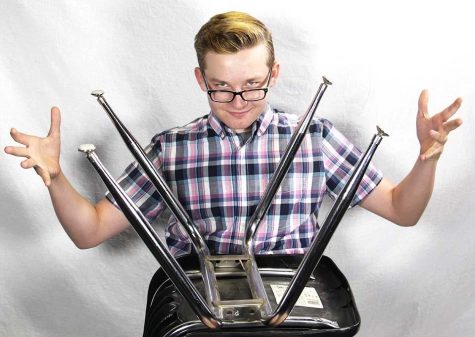Let us take a moment of silence for Bob Stookey….
You may now be seated. There are only a few days until the next episode, so let’s recap what we last saw. “The Walking Dead” delivered a double-whammy this week, killing off the optimistic drunkard, Bob Stookey, and the hipster cannibal Gareth. Episode 3, “Four Walls and a Roof,” brought tears to our eyes, smiles to our face, and knots to our stomachs. While saying goodbye to Bob was certainly sad, it is the painful rhetoric that we have come to expect from this story. Without further adieu, let’s delve into the real meaning of the events in the most recent episode.
“The Walking Dead’s” ever-changing story has incorporated one integral theme throughout the course of the series: moral ambiguity. The matter of fact is that Rick Grimes is far from a hero. For the past few seasons, we have seen a different Rick. In the first two seasons, Rick seemed to be an ideal leader; he followed a strict code of ethics and possessed a future-oriented frame of mind. In Season 3, after the death of Lori Grimes, he became cautious, consistently indecisive and haunted by the concept of leadership. Rick has proved himself a fallible human being. We now find ourselves in Season 5, where Rick has evolved into something new. Or perhaps, has he devolved?
The execution of Hershel Greene, the guiding light of morality and hope for the group and a father figure to Rick, symbolized a shift in Rick’s psyche. Since, we have seen Rick mutilate two people who threatened him; he has bitten out the throat of one and sliced another into ribbons. In the escape from Terminus, Rick and friends mowed down several Terminus residents, but with just reasons. In “Four Walls and a Roof,” we see an interesting role reversal with Gareth surrendering to Rick in Father Gabriel’s precariously secluded church. Gareth kneels before Rick and repents for what he has done, but insists that his cannibalistic actions were once necessary. Rick has several options here. He can let the four surviving Hunters go with the promise that they will never cross paths again, he can recruit them on his mission to D.C, or his ultimate decision, to slaughter them for what they have done. Rick butchers Gareth with an incessant storm of machete strikes while Michonne, Abraham and Sasha bludgeon the other Hunters with the buts of their rifles. The church’s wood floor is painted red, and Father Gabriel is taken aback with horror, likely because the cleaning crew has not been showing up recently.
At first and final glance, it was an evident overkill on Rick’s part. One slash would’ve done the job just fine, and a second slash with a snarky comment for good measure could’ve been satisfying as well. This was a case of pure blood lust for Rick and his cohorts. However, was it justified? Have they not sunk to the level of the Hunter’s by butchering them so ruthlessly? Maybe sparing the Hunters would have hit Gareth more powerfully and showed them that the stronger man turns the other cheek, ironically in a church. I was personally hoping that Abraham would want more people and persuade Rick to join forces with Gareth, subsequently leading to a strenuous pact with a mutual goal and an intriguing plot line.
However, in the end, Gareth could not be trusted or redeemed. People like the Hunters simply don’t deserve to live in this world. If Rick chose to spare the Hunters, he would potentially and indirectly be responsible for the murder and cannibalizing of many other innocent survivors. To this extent, Rick saved the lives of countless people. At the same time, primal rage and revenge consumed him, and the Hunters met unusually cruel and gruesome demises. Was Rick upholding justice in executing the Hunters? Did killing six save many? Should Rick have set an example by walking away? The uncertainty of morality in the post apocalyptic world is certainly up for debate.
This also poses a concern for the future of this world. So few humans remain, yet they constantly find reasons to kill each other off. They make it easier for the undead to win this ever ensuing war between life and death. As I have mentioned in past articles, the evident rule of survival is that the good die young, and the bad prevail. After all, one without moral constraints won’t be inhibited by his own conscience. If things continue in this way, with humans neglecting the value of their fellow survivors, is their even a chance to rebuild the world that once was? With the group officially en route to D.C, we will hopefully explore this question in the future.
With such an unforgiving episode as “Four Walls and a Roof,” we should at least be thankful that mama Tyreese wasn’t in charge to punish Gareth with a slap on the wrist and a cup of hot cocoa. That guy is a sissy.
Until next time.


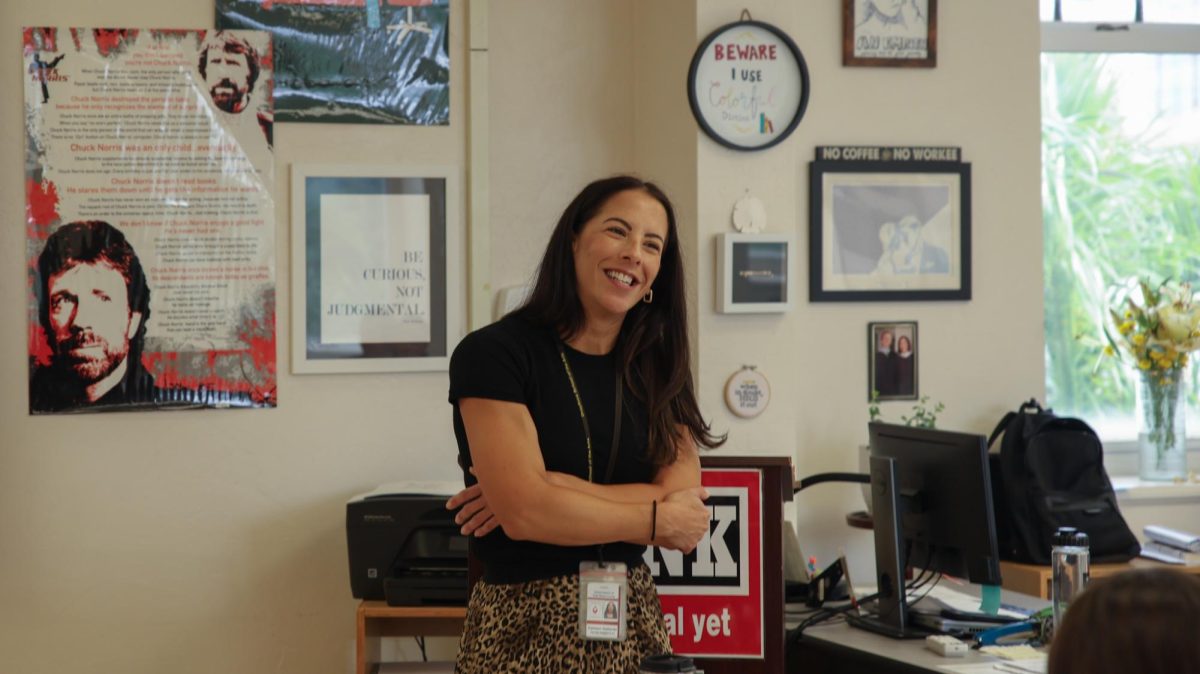

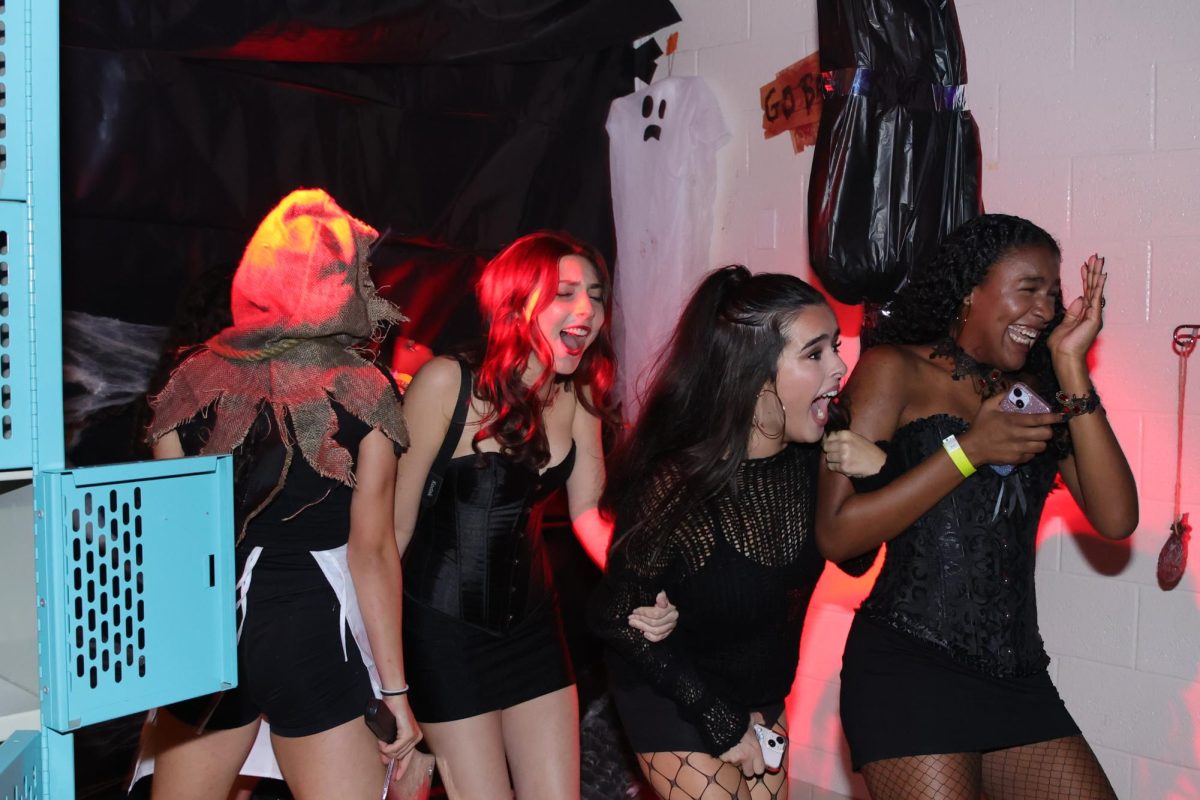
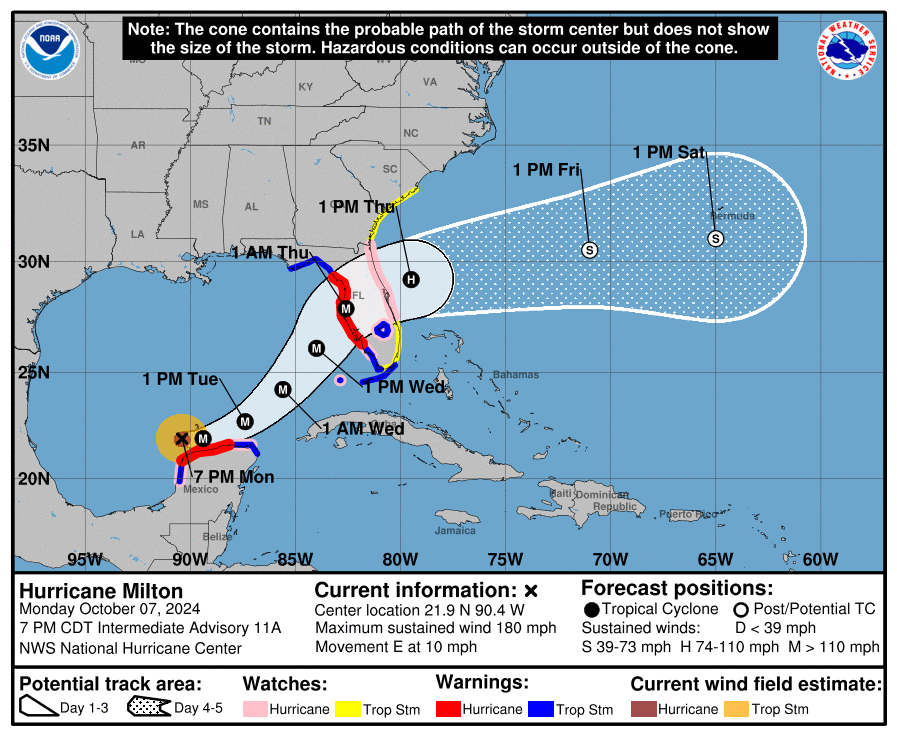
![[BRIEF] Hairy Details Hosts First Performance](https://www.themuseatdreyfoos.com/wp-content/uploads/2024/09/Hairy-Details-66-1200x800.jpg)
![[BRIEF] Students Register to Vote During Lunch](https://www.themuseatdreyfoos.com/wp-content/uploads/2024/09/newsinbrief.png)
![[BRIEF] National Honor Society Inducts New Members](https://www.themuseatdreyfoos.com/wp-content/uploads/2023/10/breaking-news-1200x927.png)
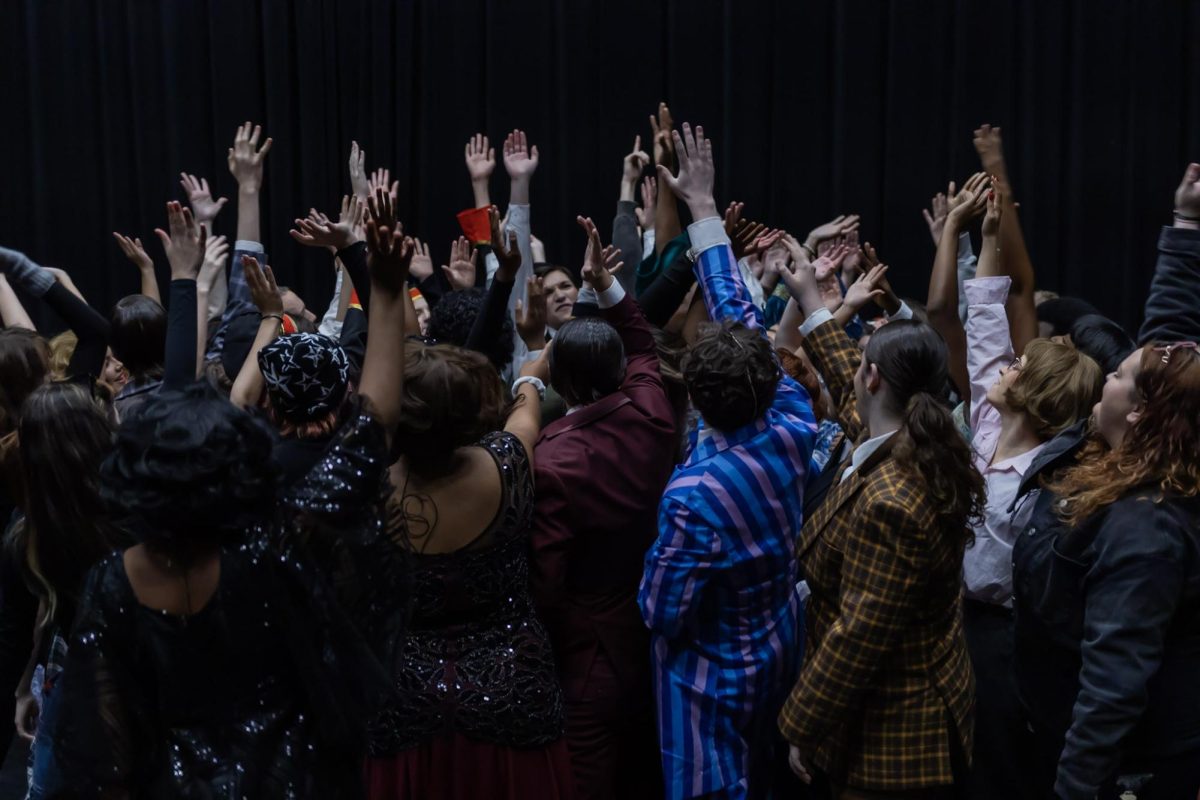

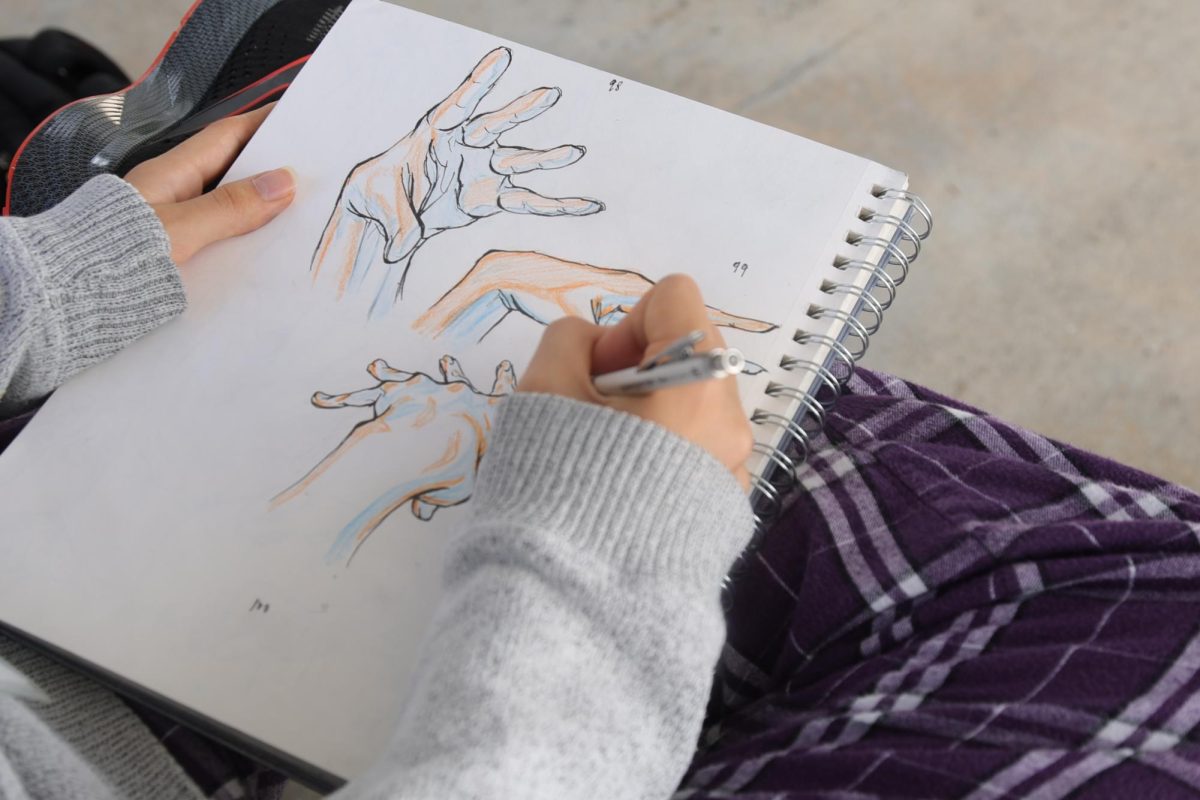
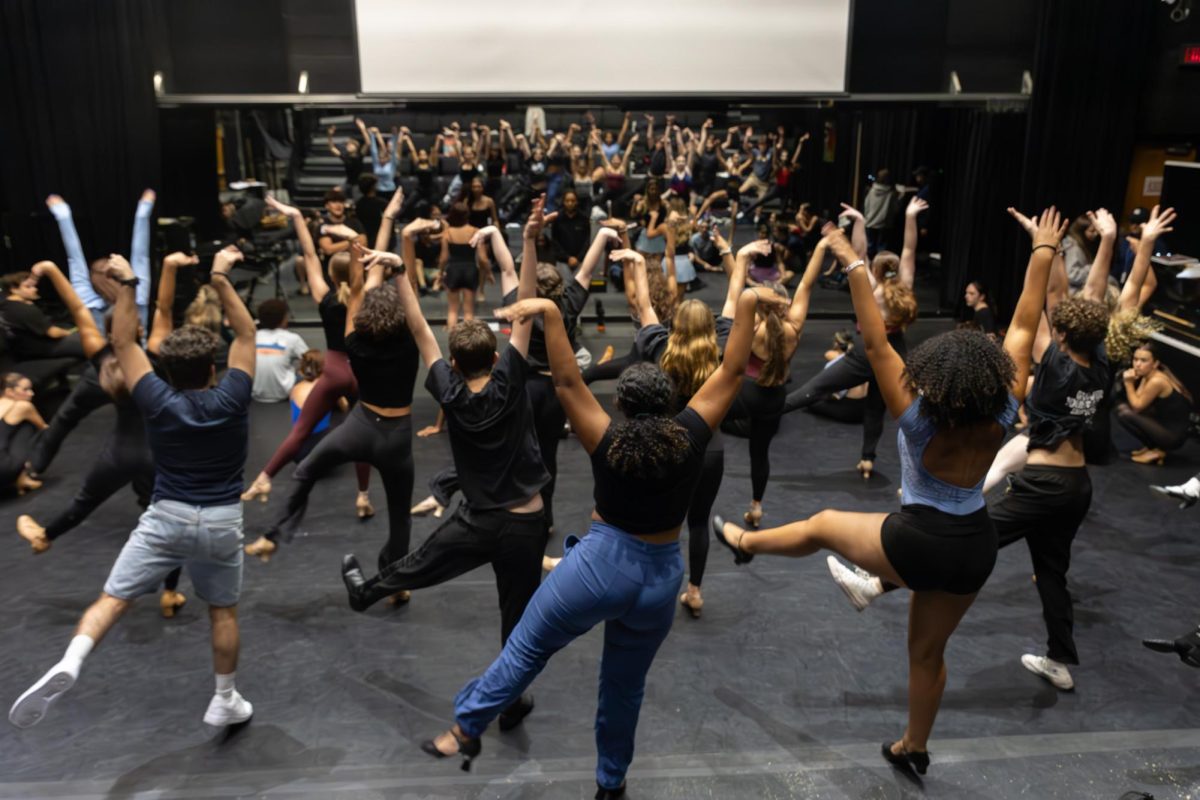
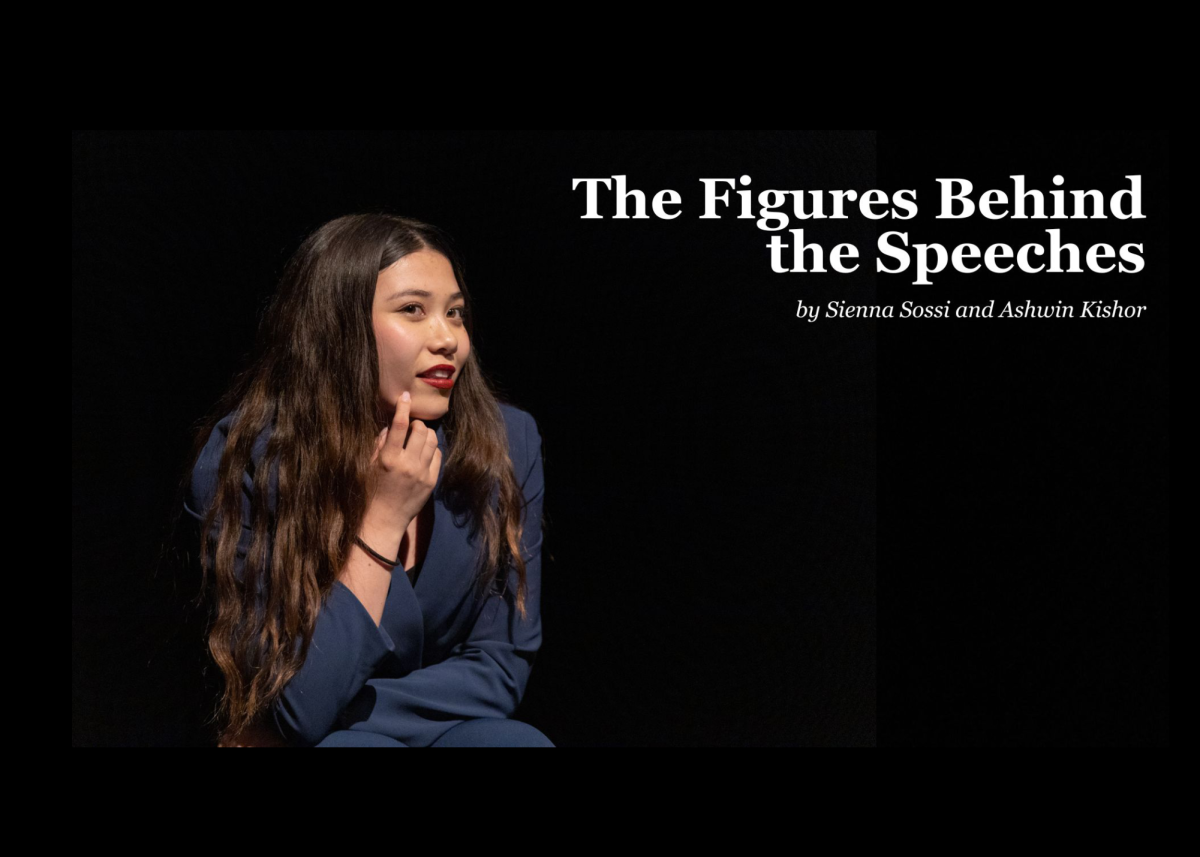

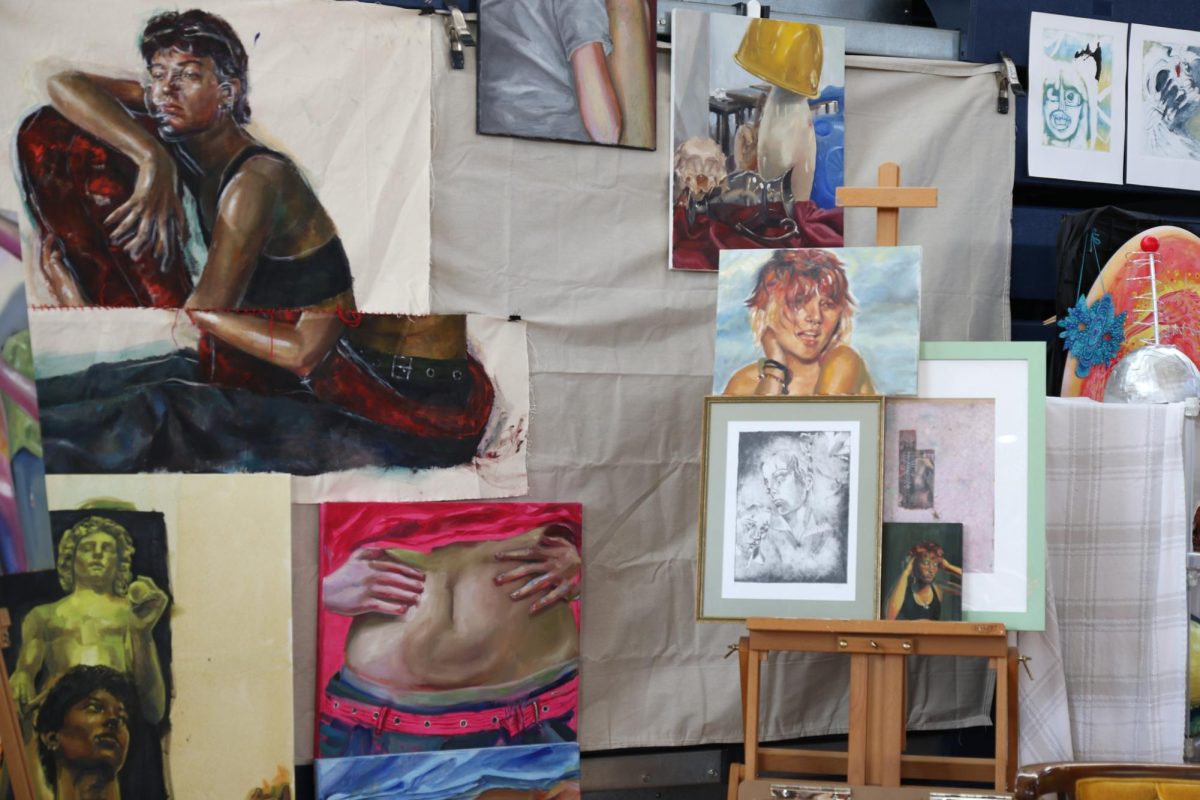

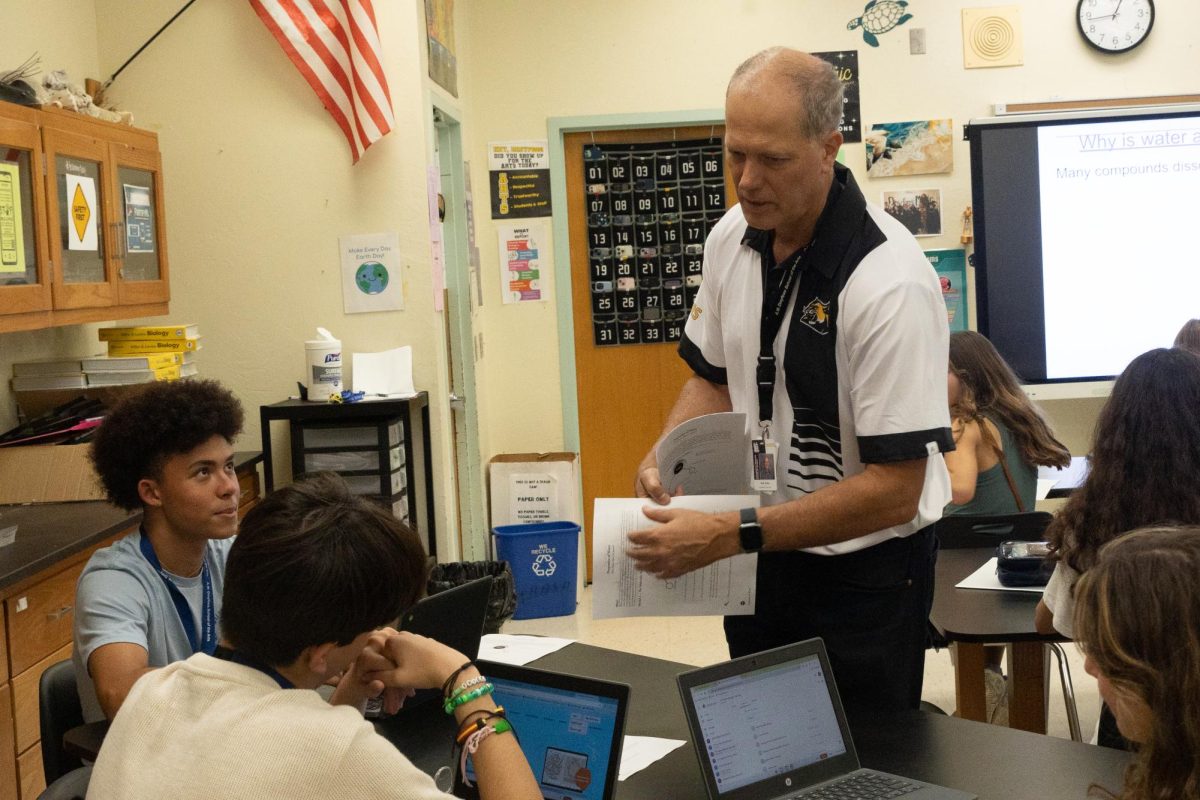
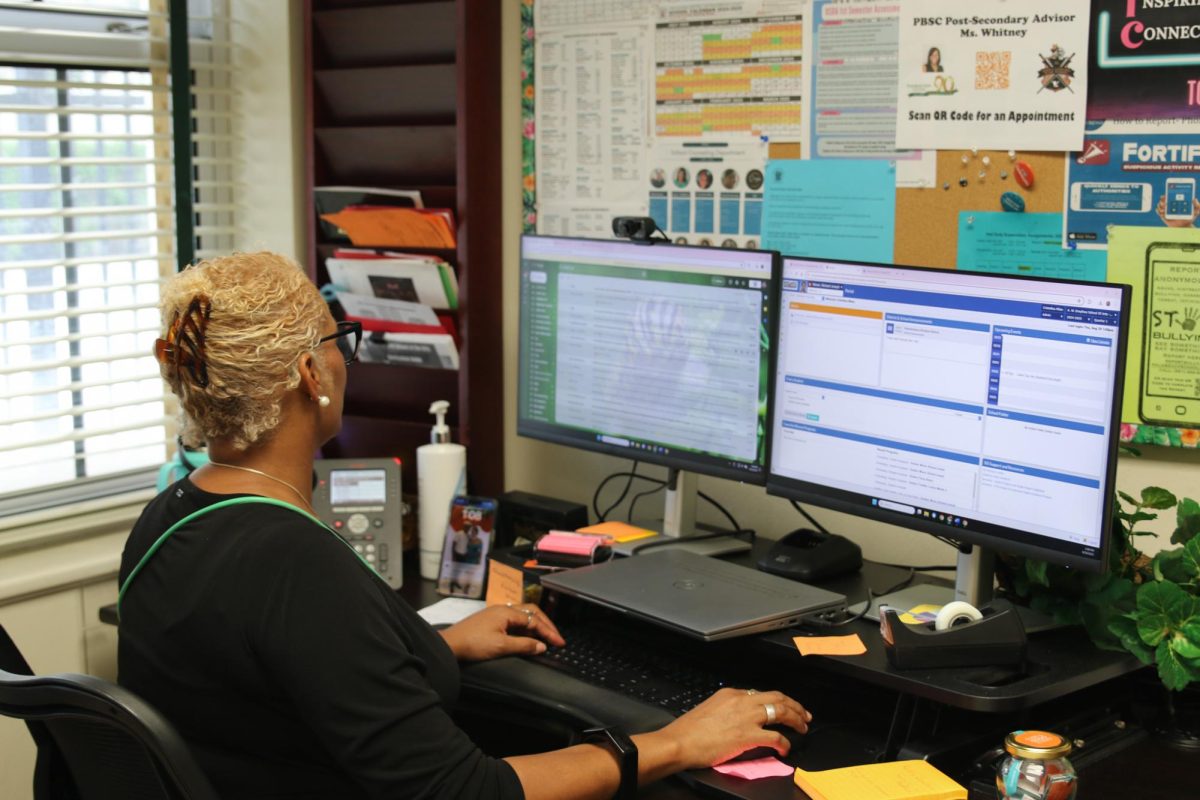
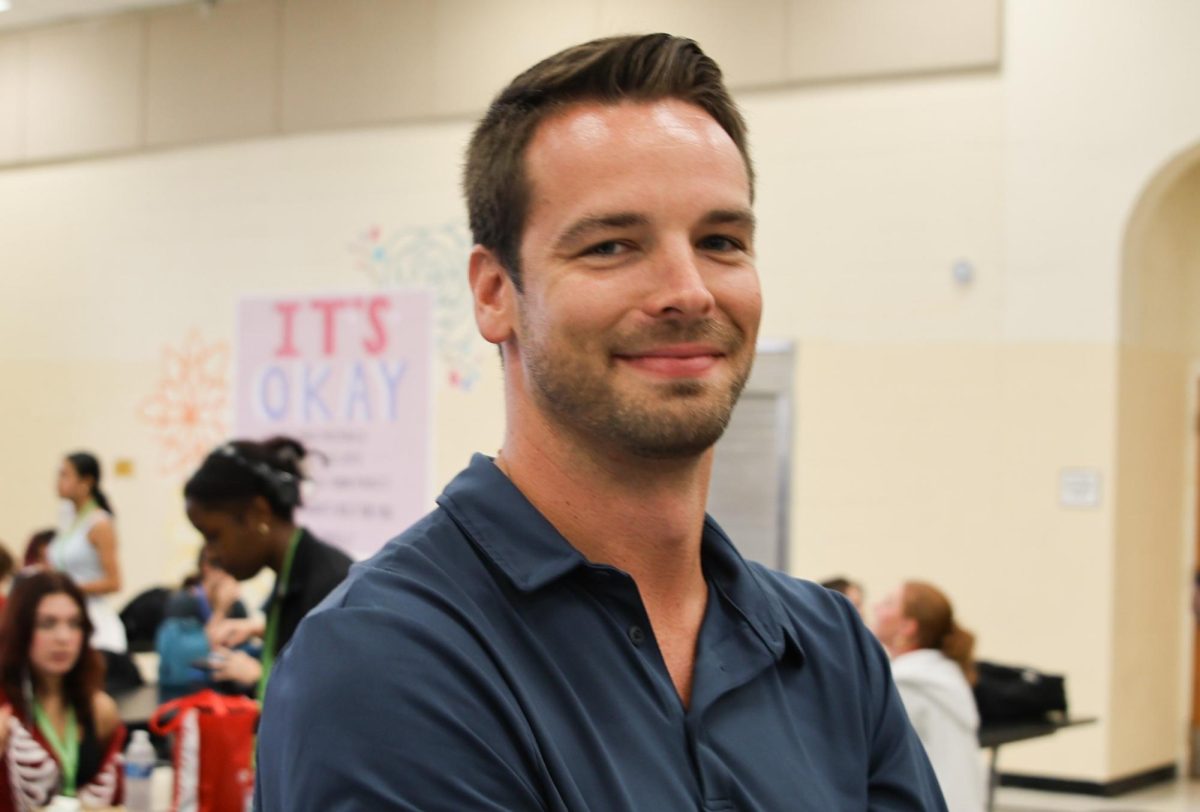
![Mrs. Waugh watches her students as they work on graphing data from the lab that took place during class. Prior to becoming a teacher, Waugh worked as a fire protection engineer. ”I thought it would be most impactful if I could teach science here [at Dreyfoos].” Mrs. Waugh said. “And I had loved my physics teacher. He was part of why I became an engineer,”](https://www.themuseatdreyfoos.com/wp-content/uploads/2024/09/038A5265-1200x800.jpg)
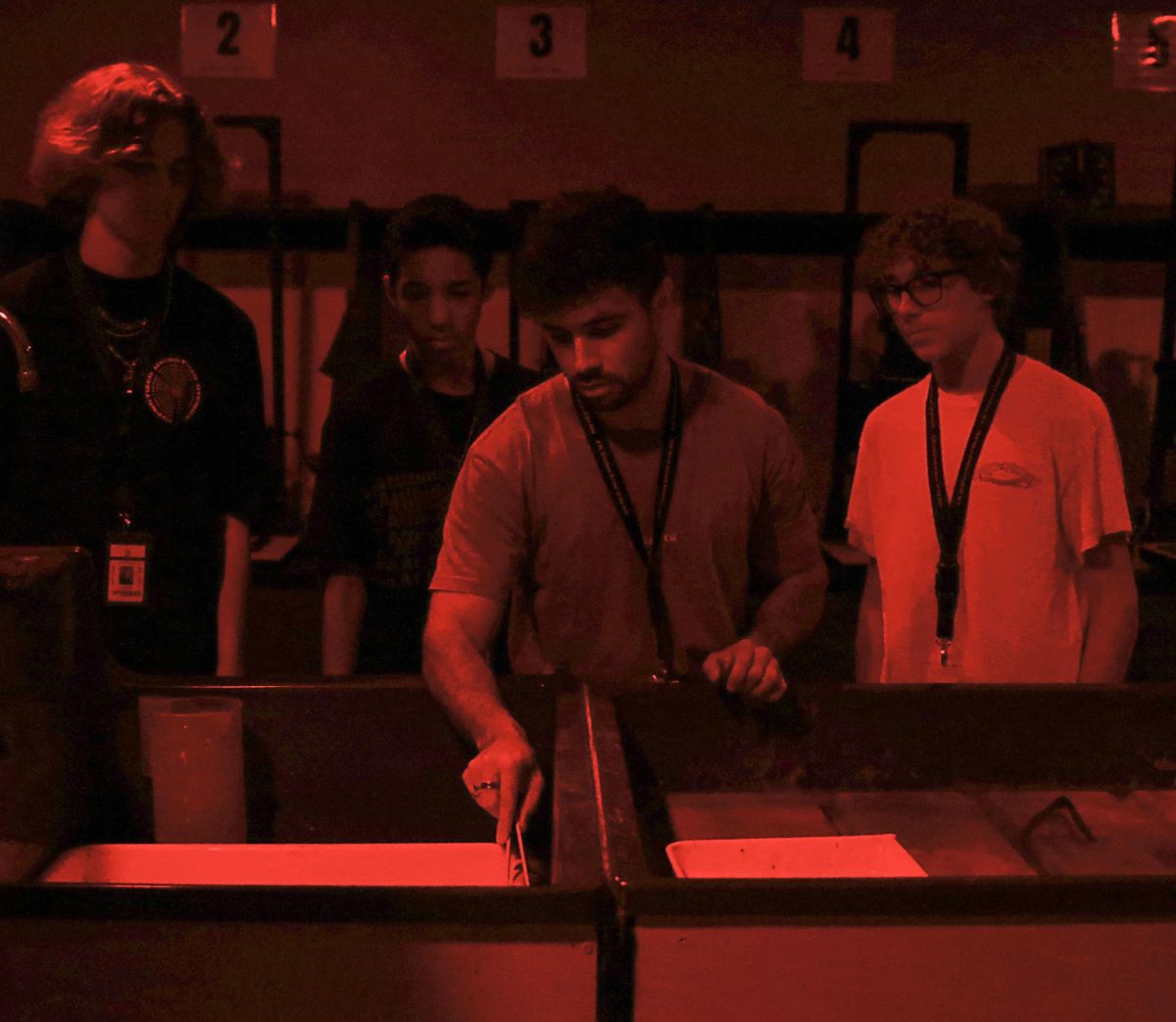
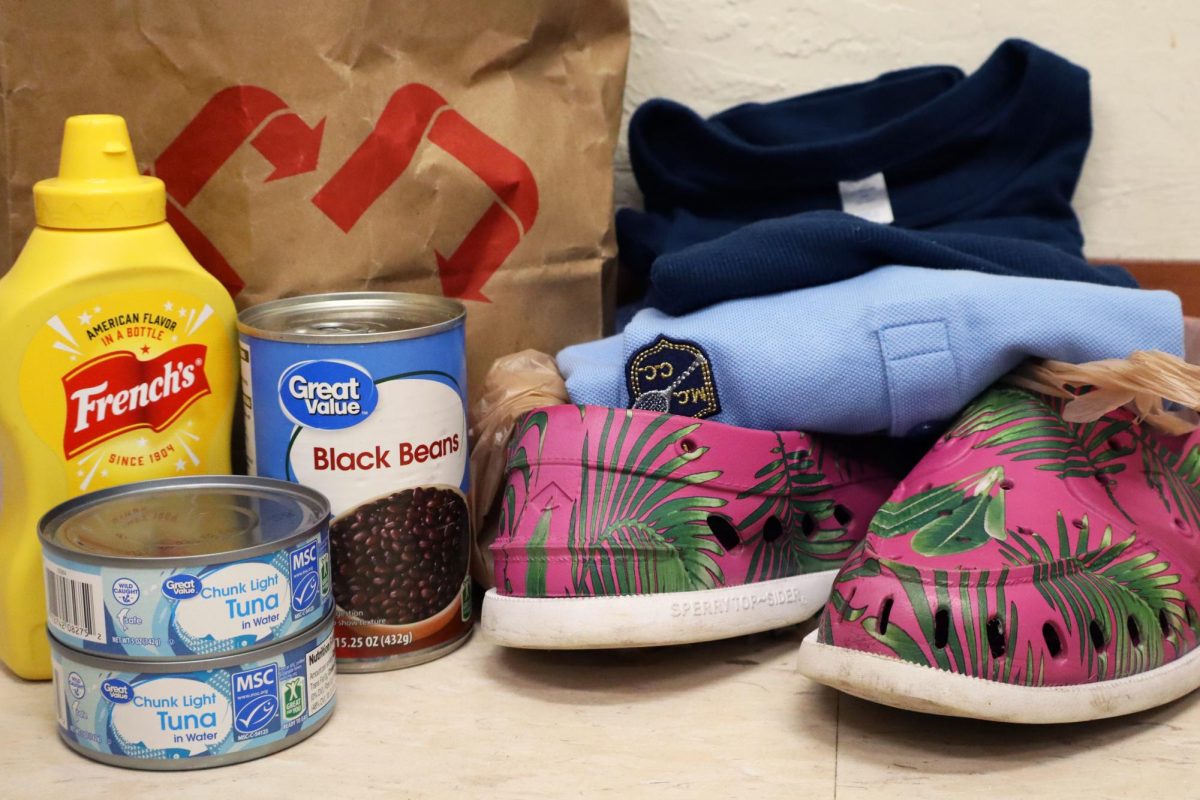
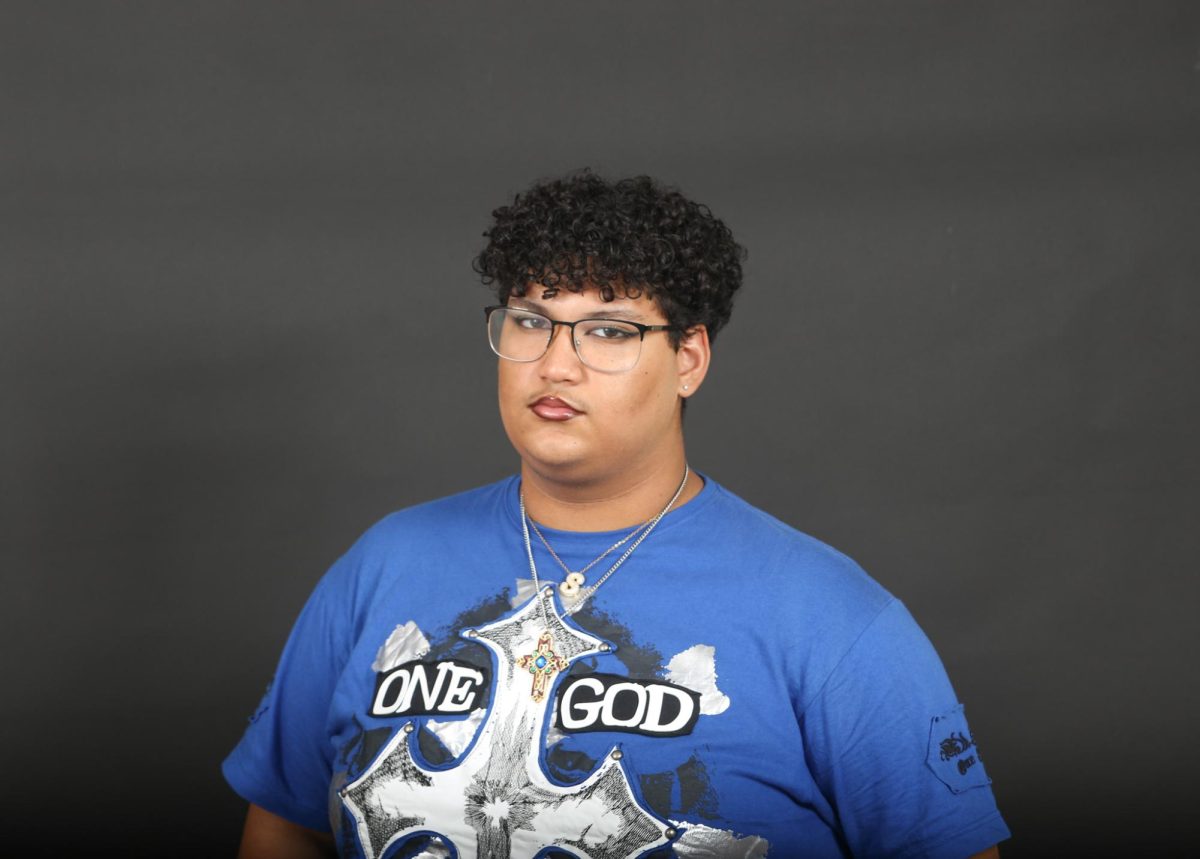
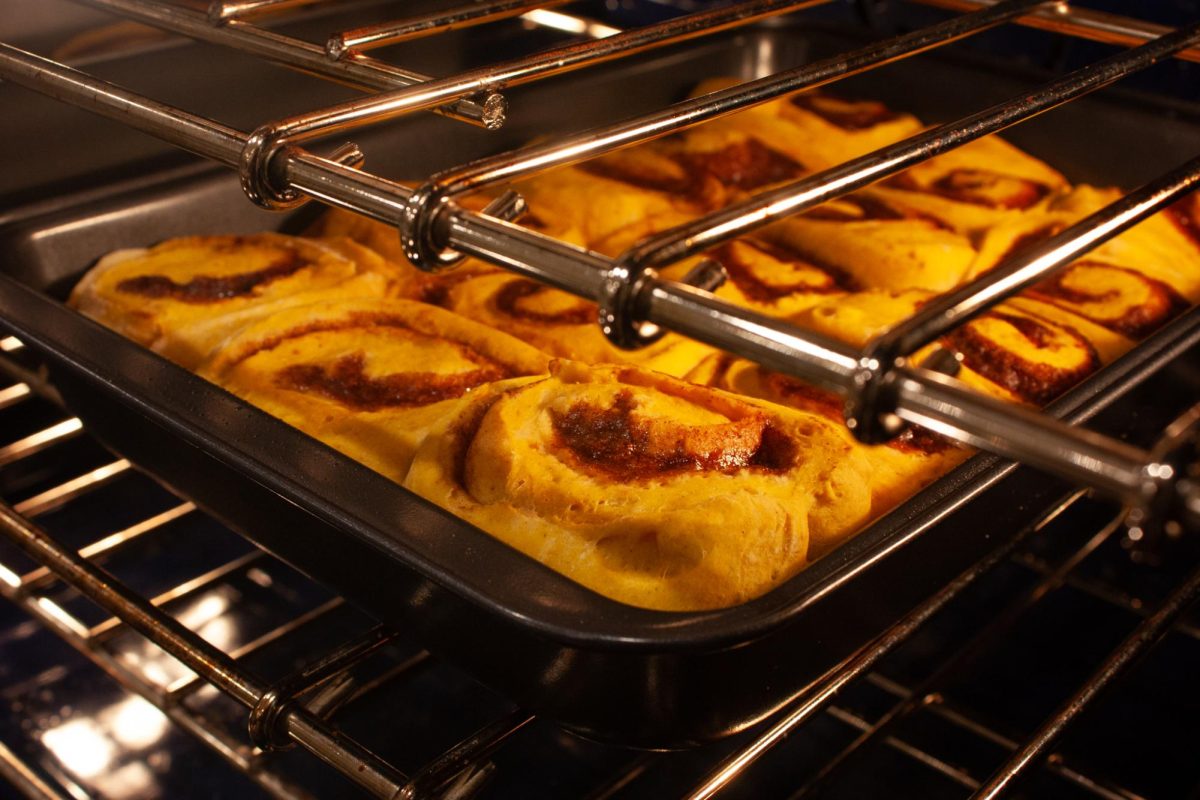

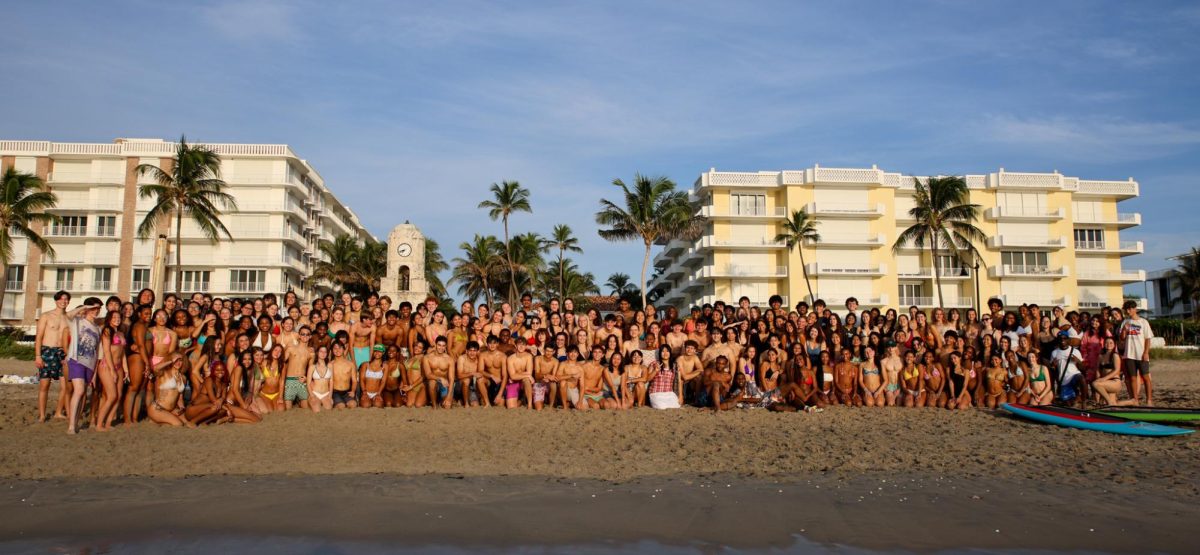
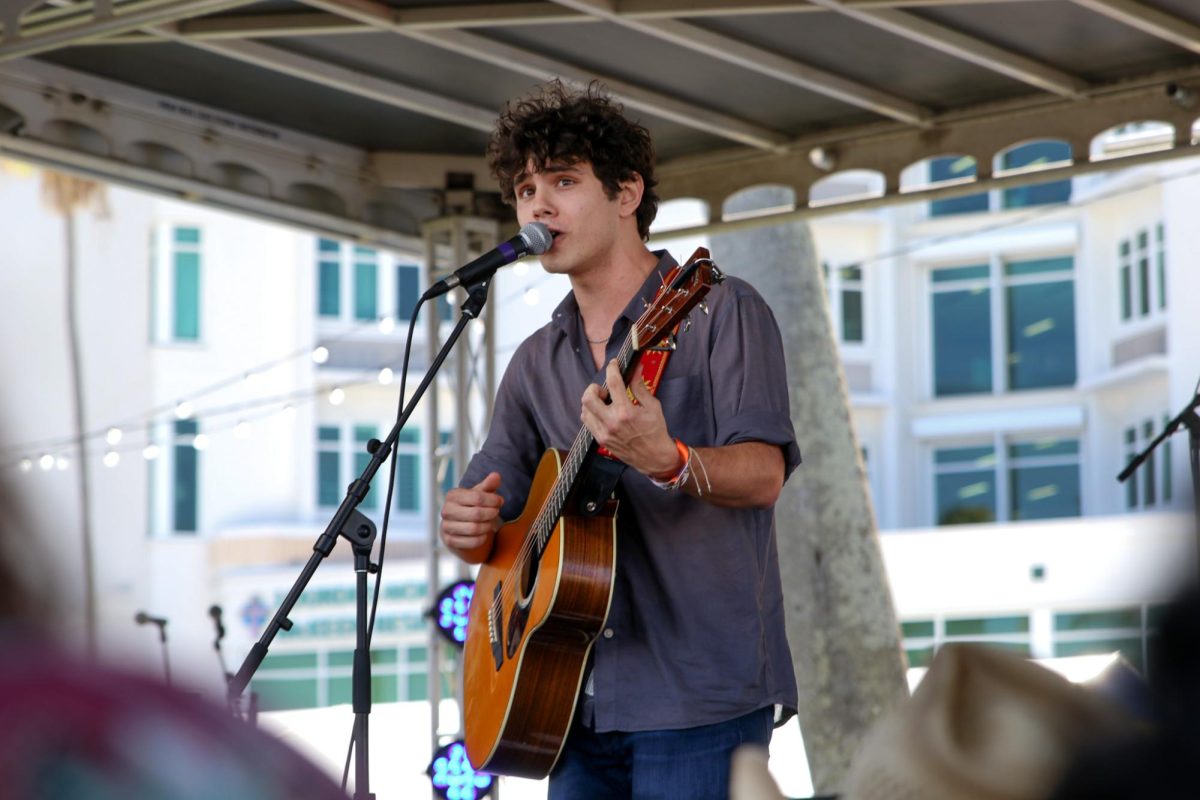



![[SATIRE] Spirit Week: Written in the Stars](https://www.themuseatdreyfoos.com/wp-content/uploads/2024/03/front.png)
